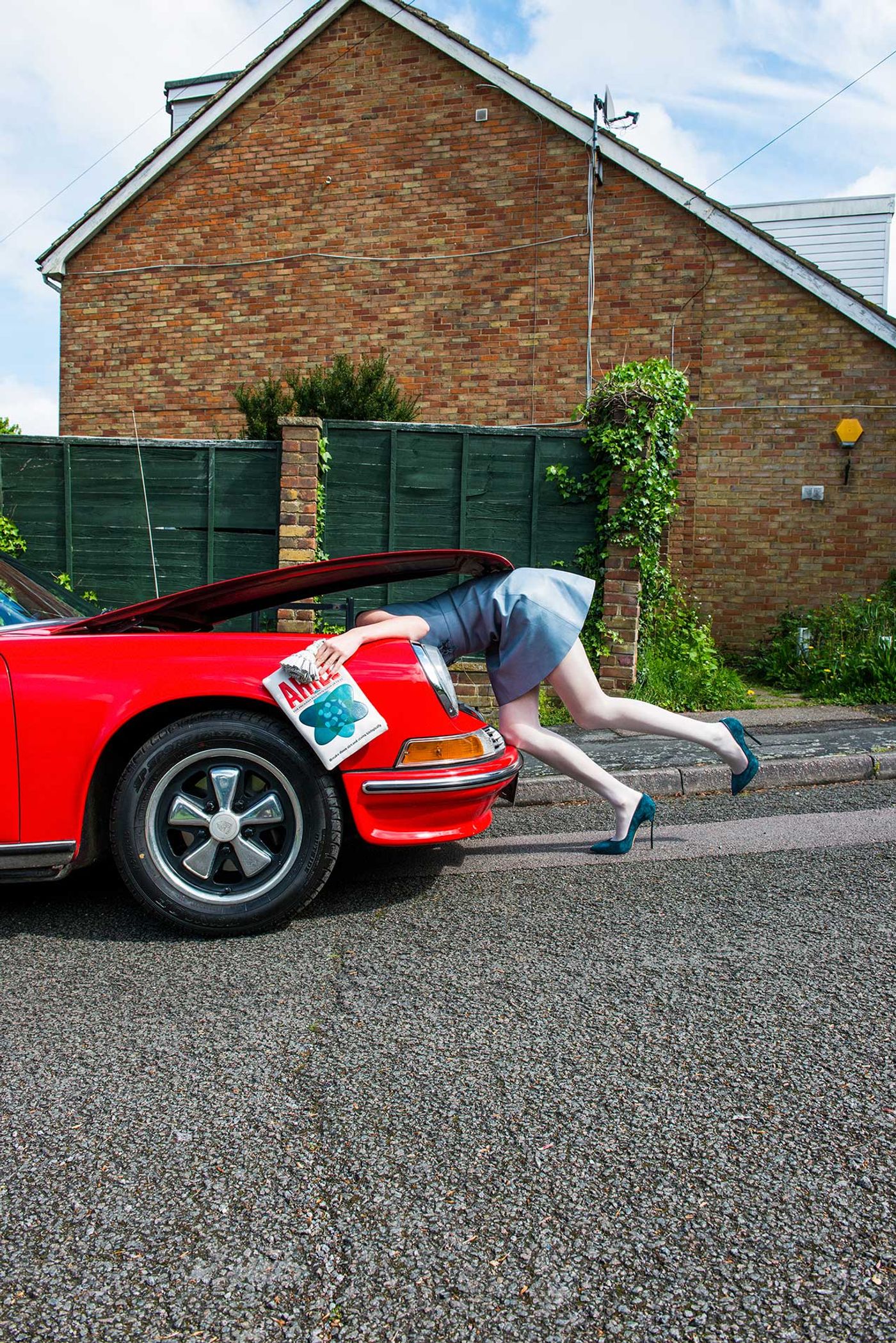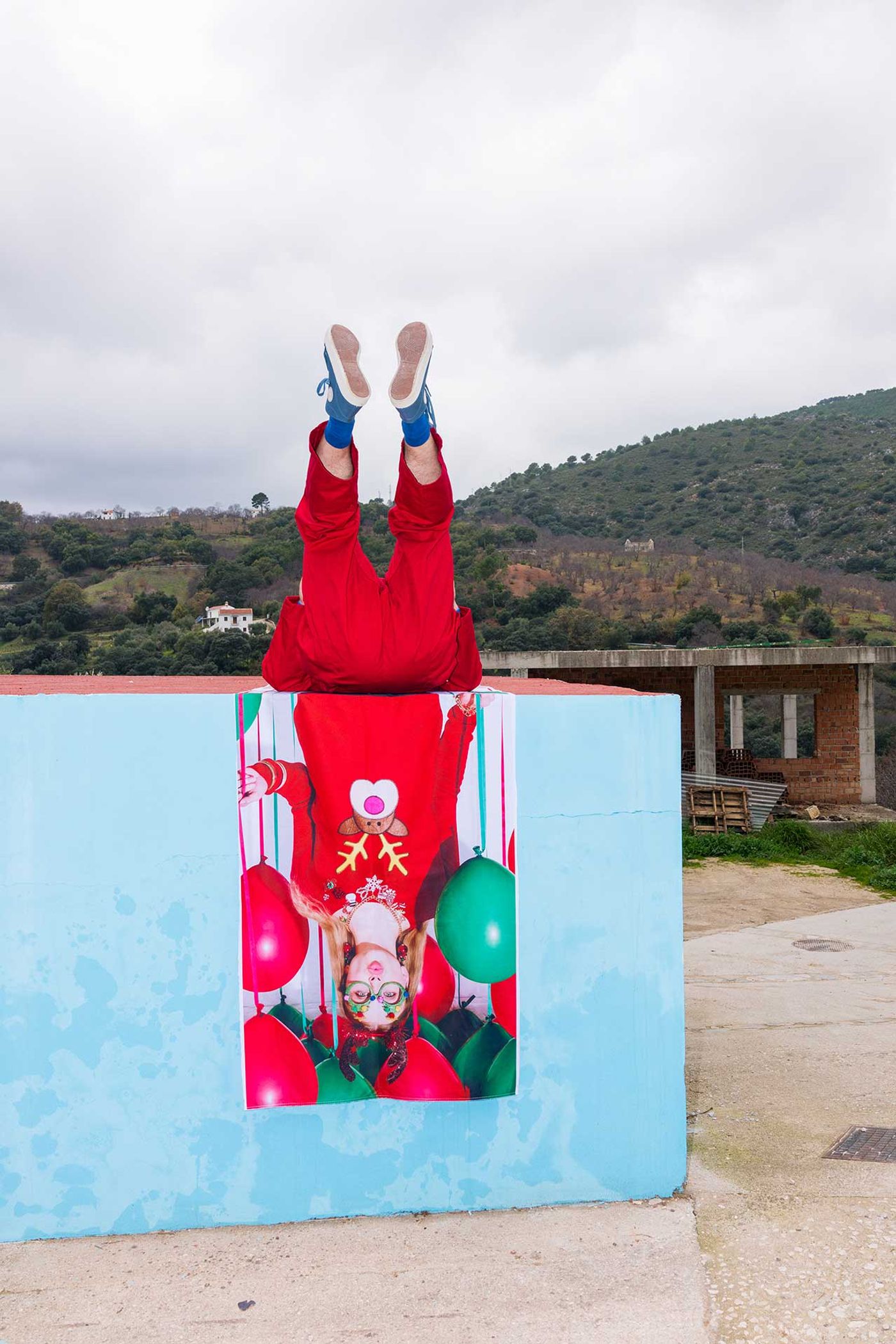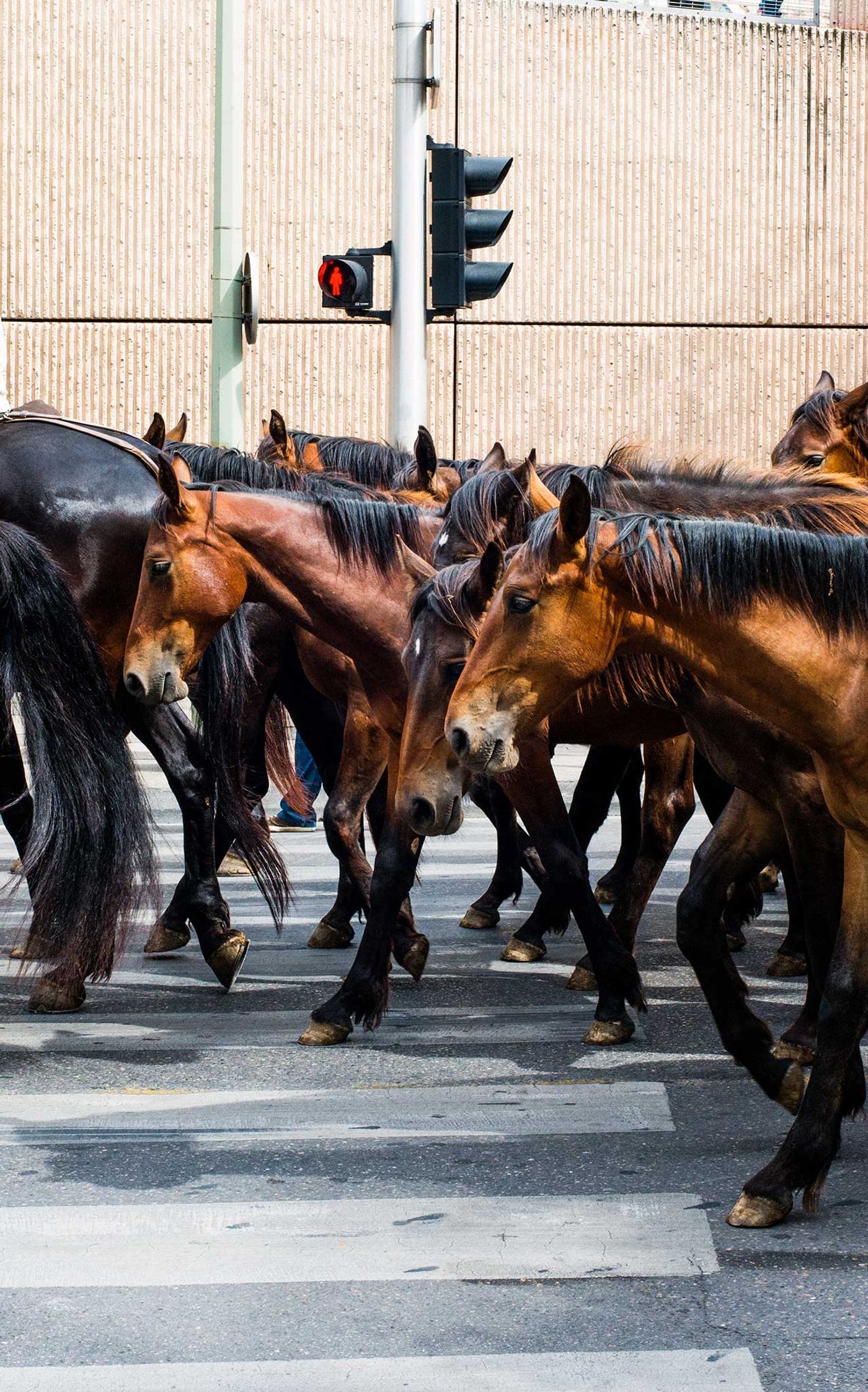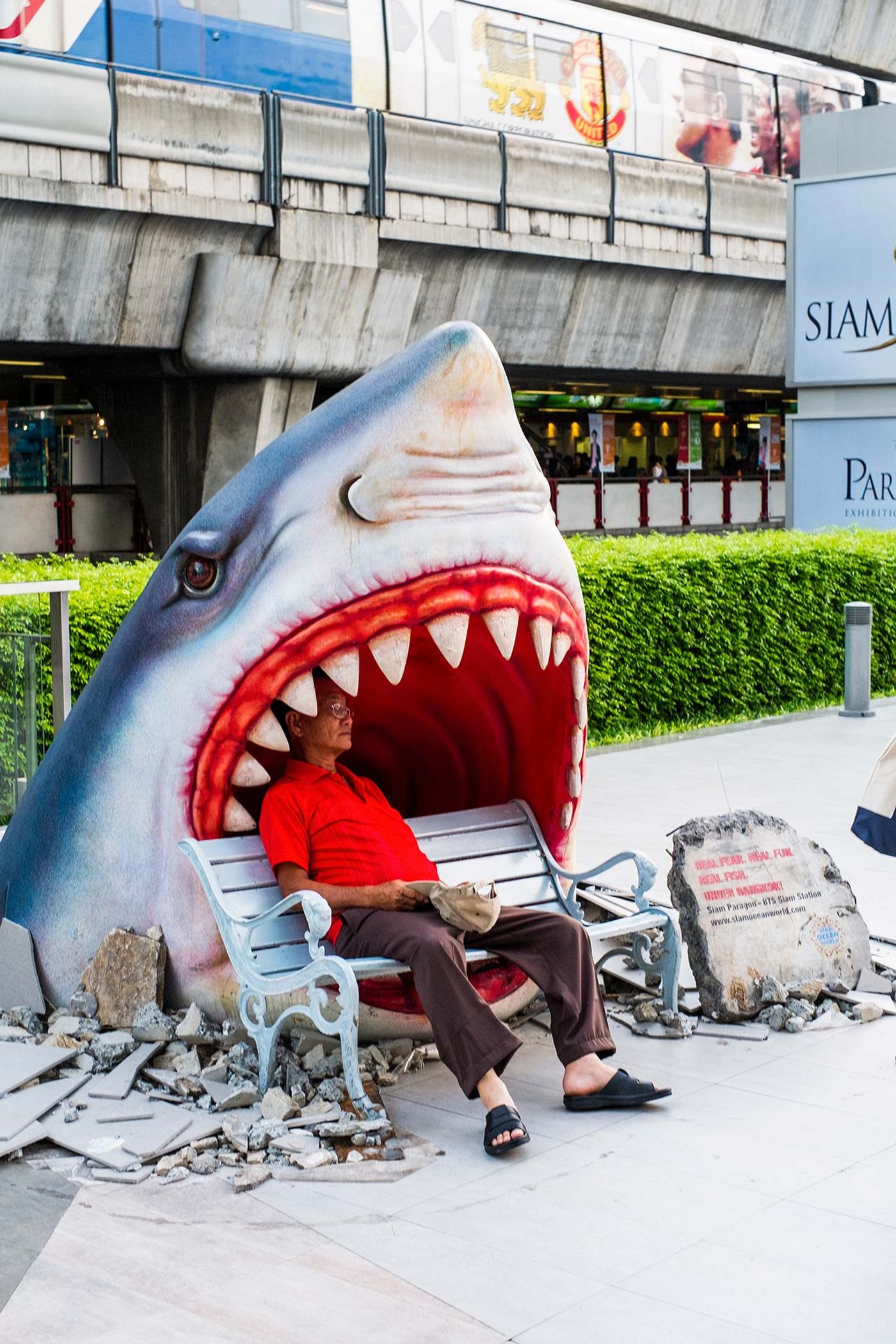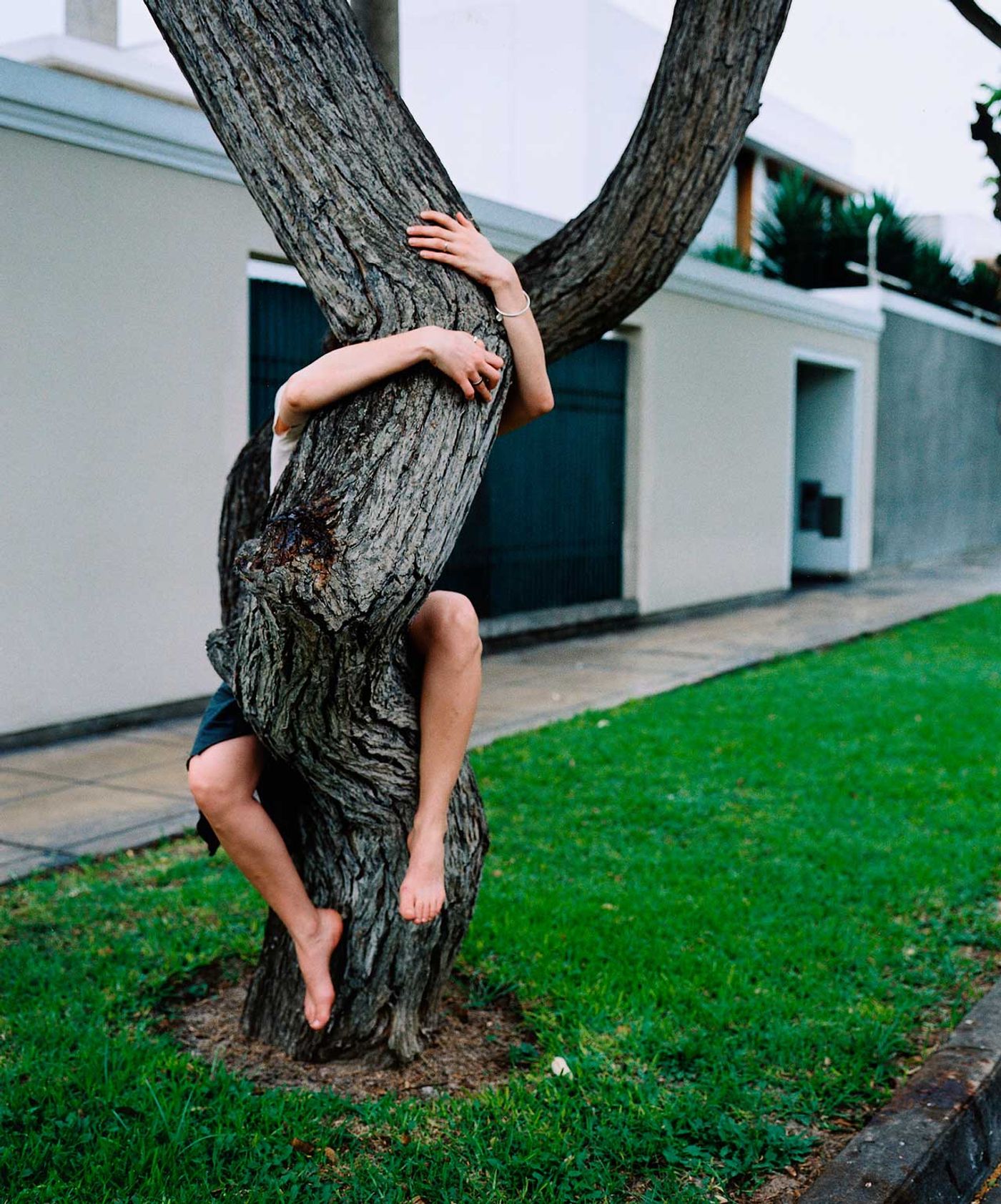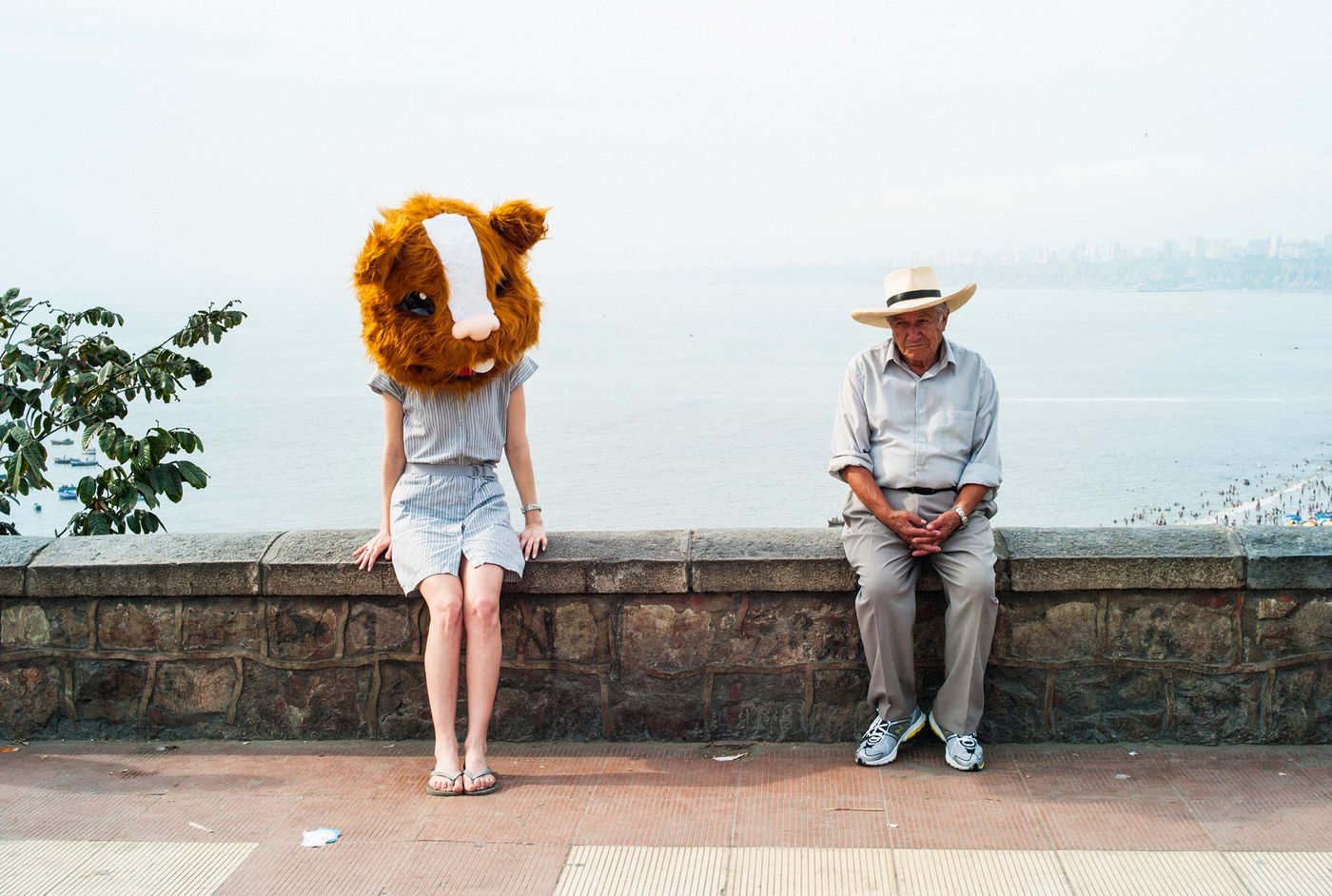
The Kaleidoscopic Exuberance of Will Sanders’ Photography
Words by Eric David
Location
The Kaleidoscopic Exuberance of Will Sanders’ Photography
Words by Eric David
London-based photographer Will Sanders wants you to look at the brighter side of life. And indeed, looking at his photographs, which are characterized by an inexhaustible exuberance and an innate sense of humour, it’s rather difficult not to. Will’s work, which includes street photography, fashion shoots and portraits of celebrities, feature vibrant, glorious colours captured in lush saturation, and uncanny set ups imbued with an unremitting playfulness, is not so much about looking at the world through rose-tinted glasses but rather through a kaleidoscope. Yatzer talked to the artist about his love of colours, his travels and his passion for cars.
(Answers have been edited for brevity.)

Photo © Will Sanders Photography.
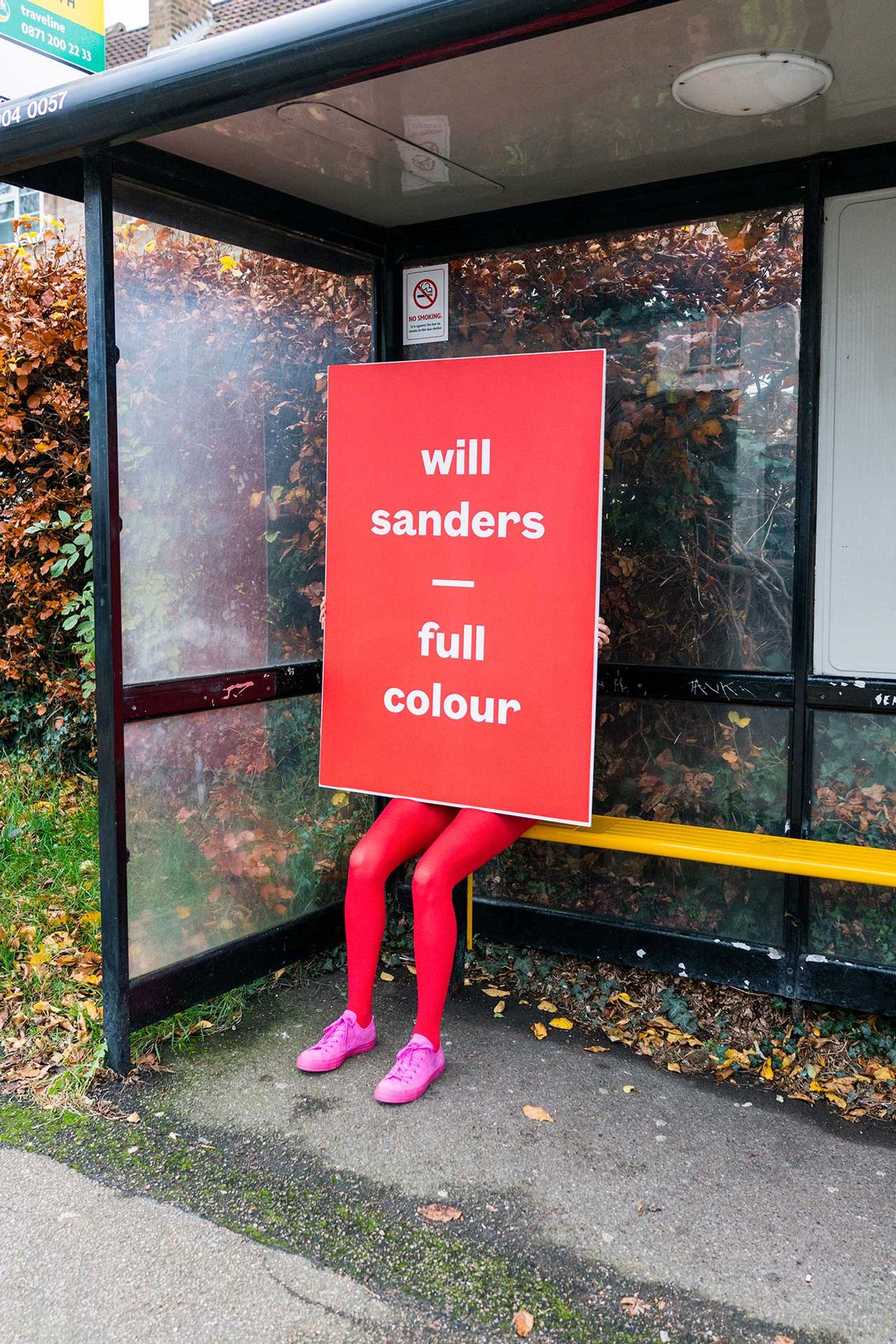
Photo © Will Sanders Photography.
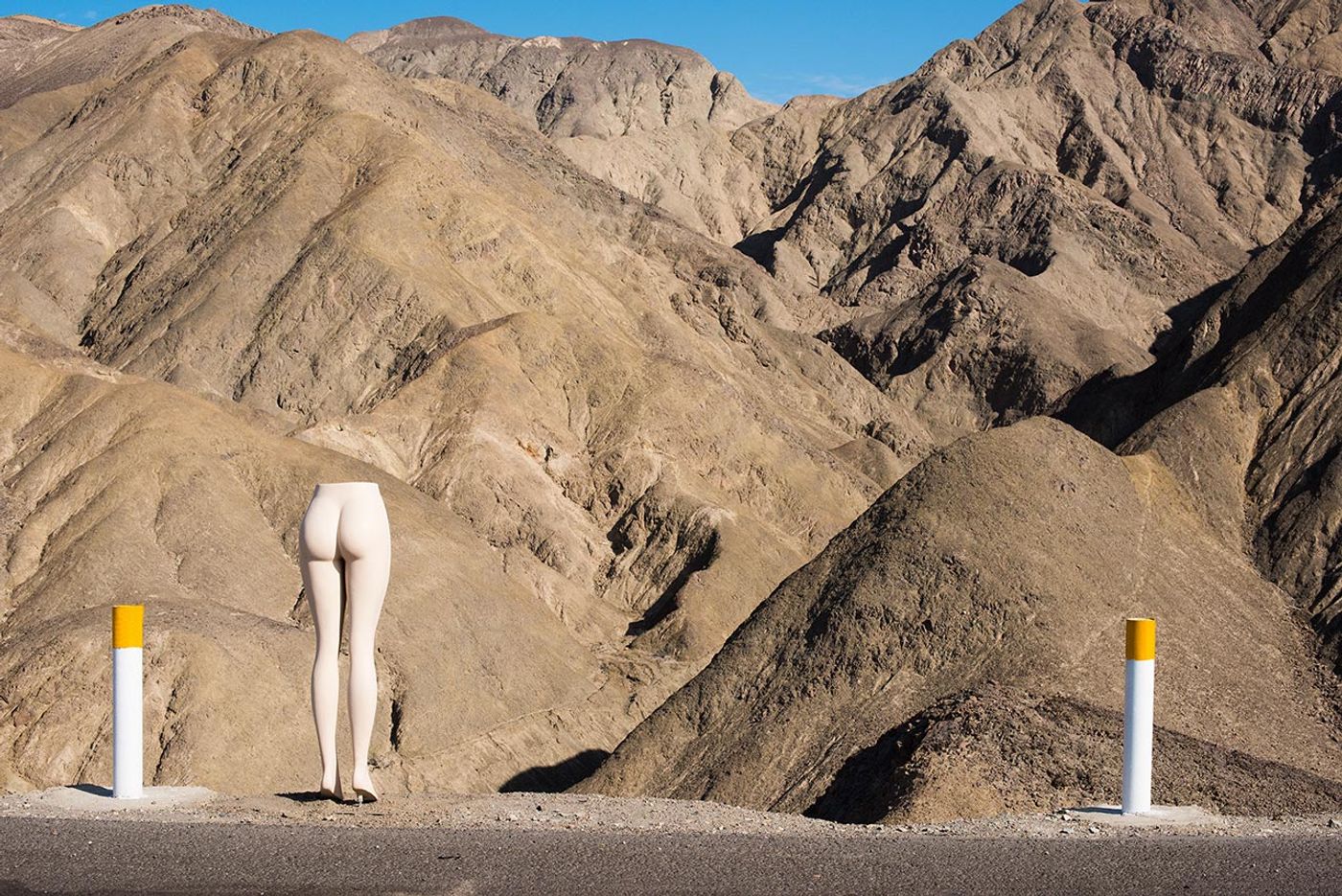
Photo © Will Sanders Photography.
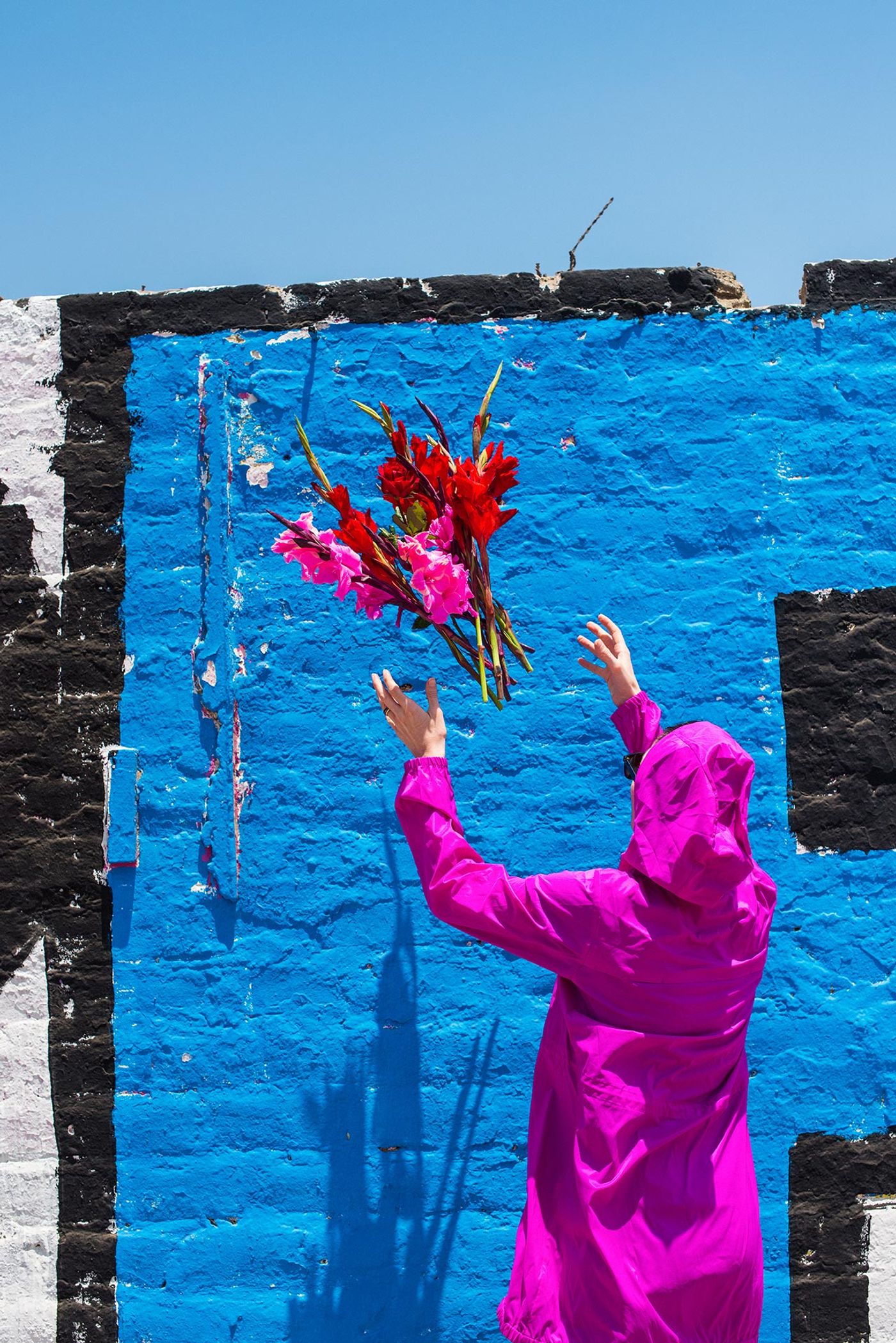
Photo © Will Sanders Photography.
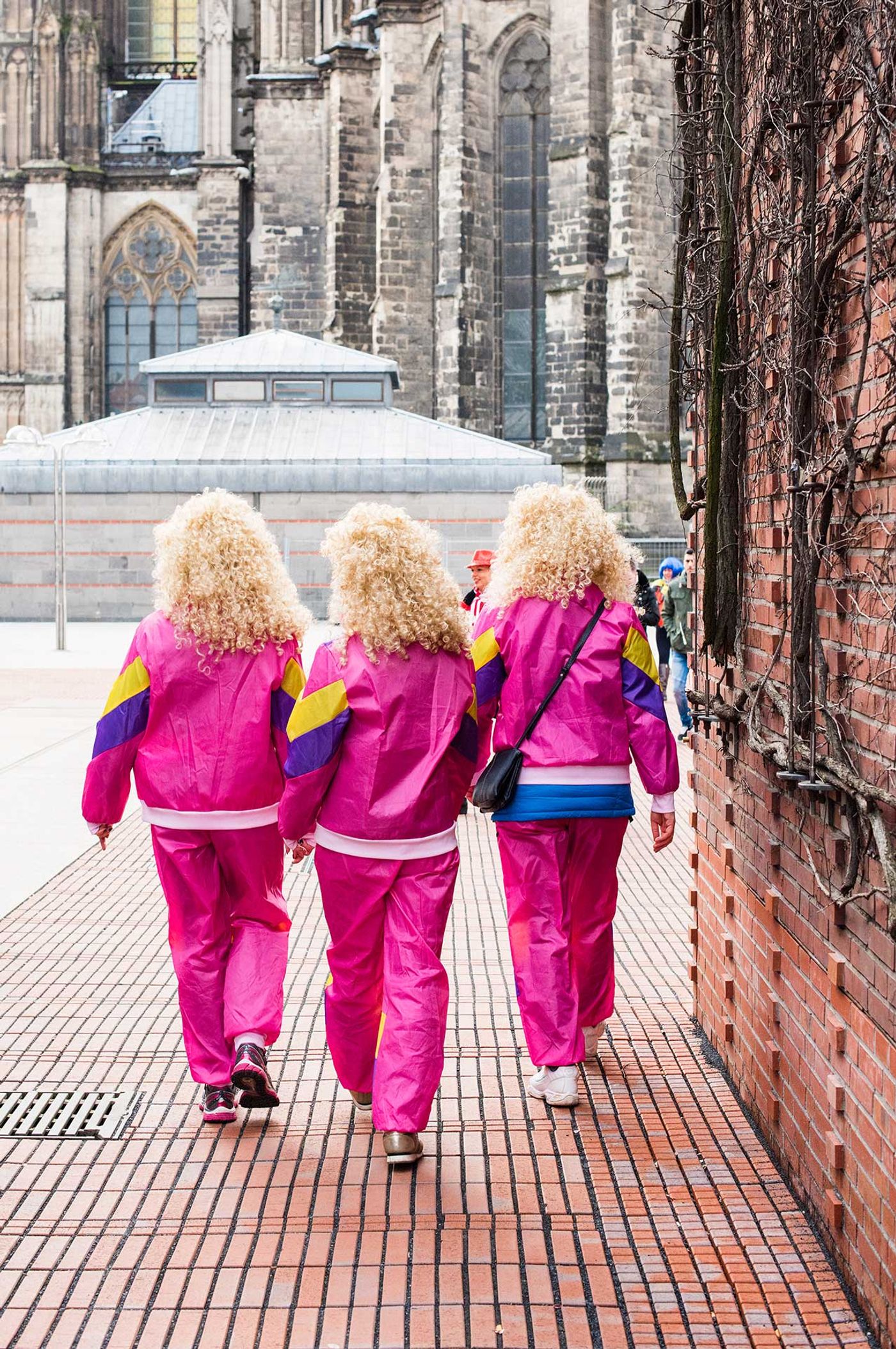
Photo © Will Sanders Photography.
There is a circus-like sensibility in your photographs where the mundane is turned into a spectacle. Is this more of an aesthetic or a conceptual choice? What do you wish to convey through this point of view?
I’m not sure whether it’s aesthetic or conceptual, it’s just how I see the world. I have an over active imagination and I suppose my work is an outlet for that, I’m not great at expressing myself through writing or any other means really.
How has your commercial work for the fashion and advertising industries influenced you as an artist?
It’s made me slightly more organized and has taught me a lot about collaborating with other people which is something you are never really prepared for when you’re starting out. Fashion and advertising are great as they often give you an opportunity to realize ideas that might never come to light otherwise.
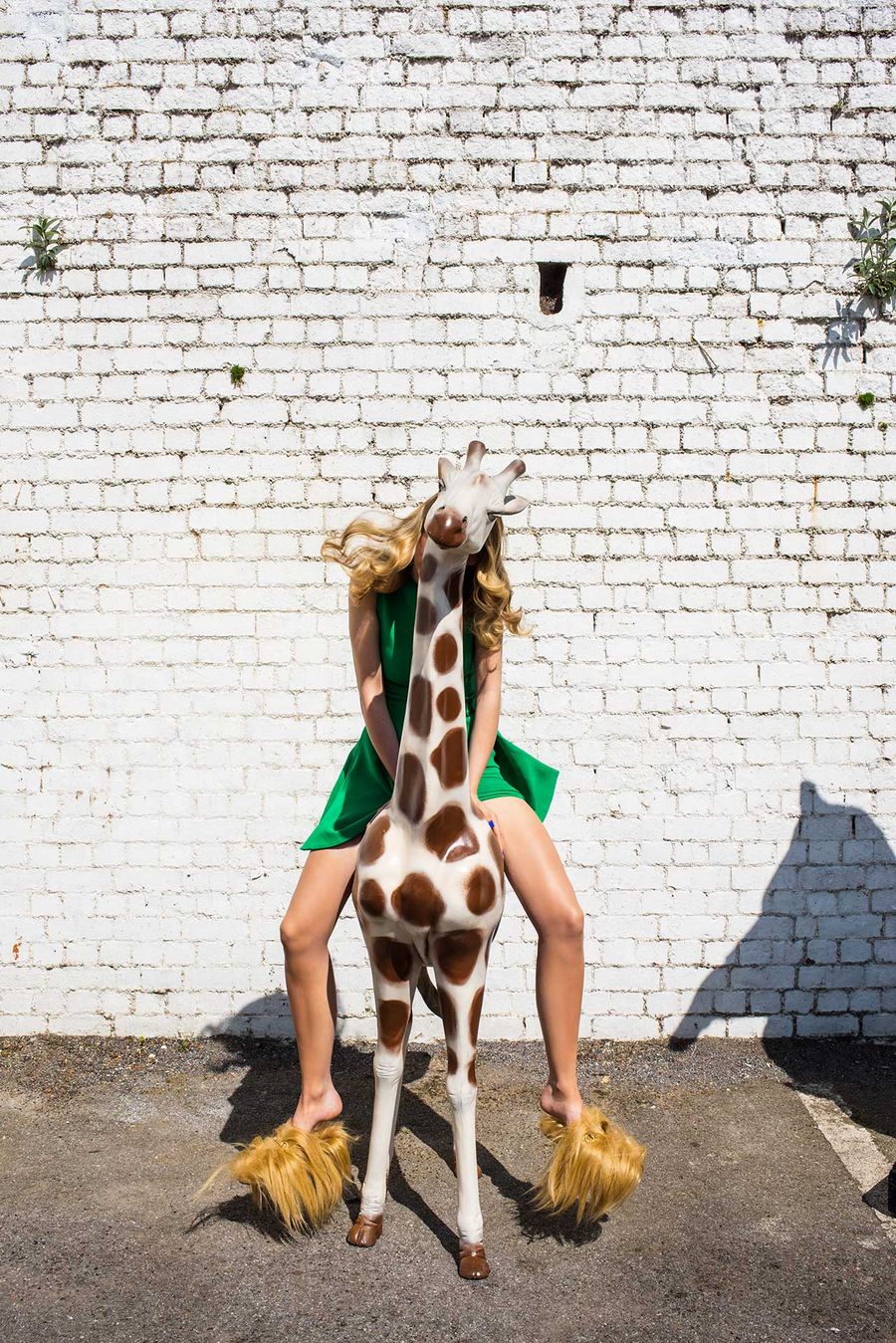
Photo © Will Sanders Photography.
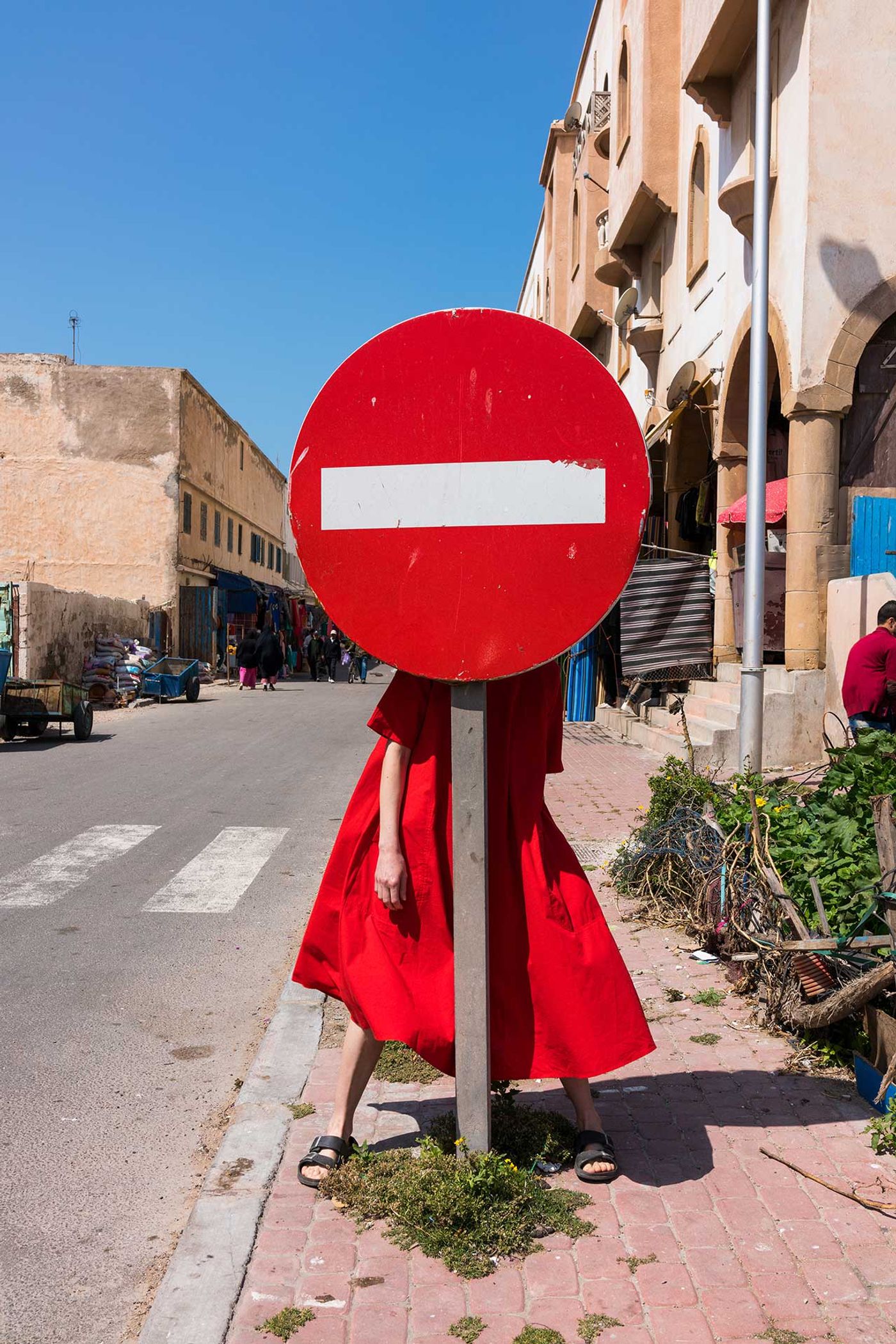
Photo © Will Sanders Photography.
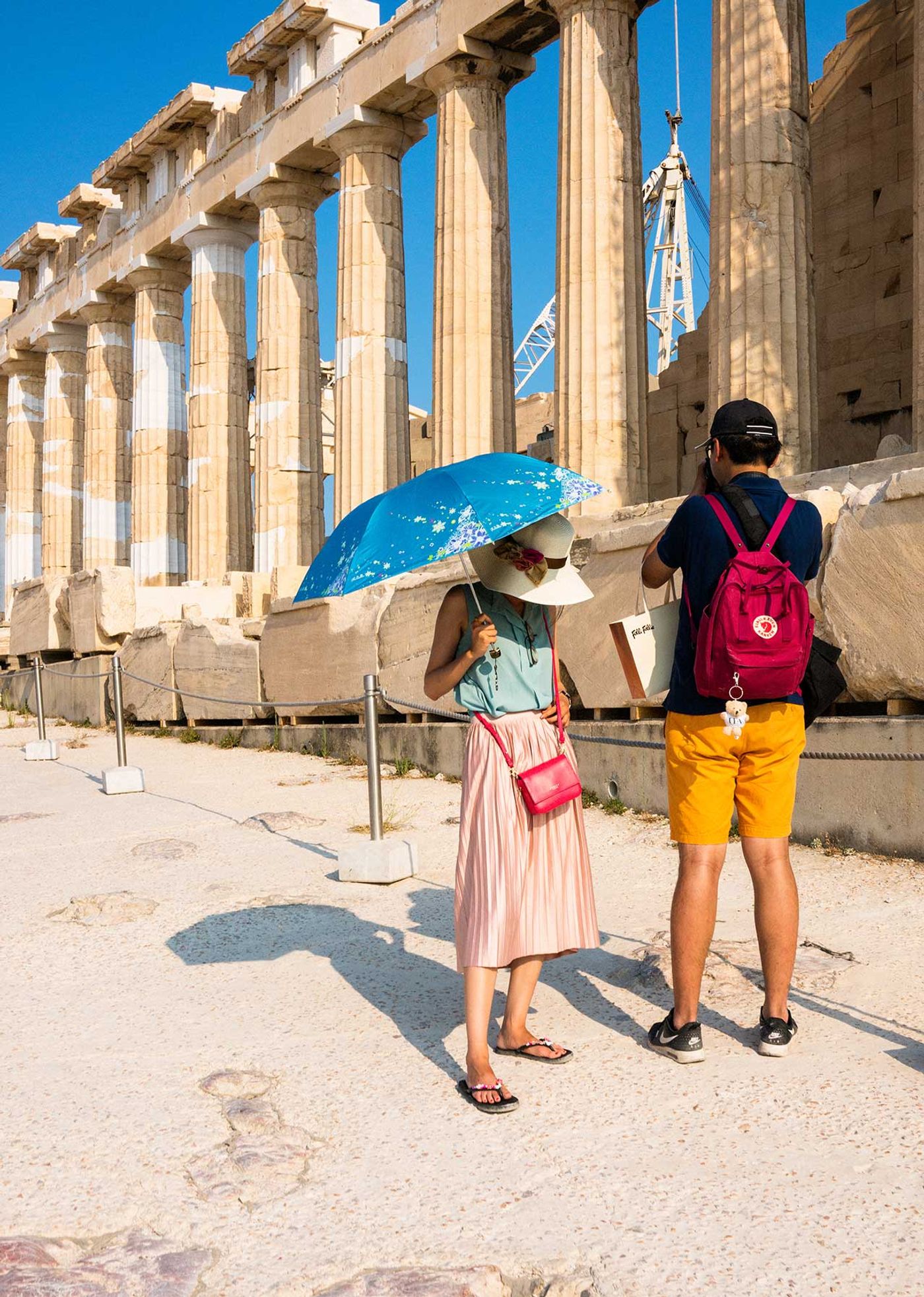
Photo © Will Sanders Photography.
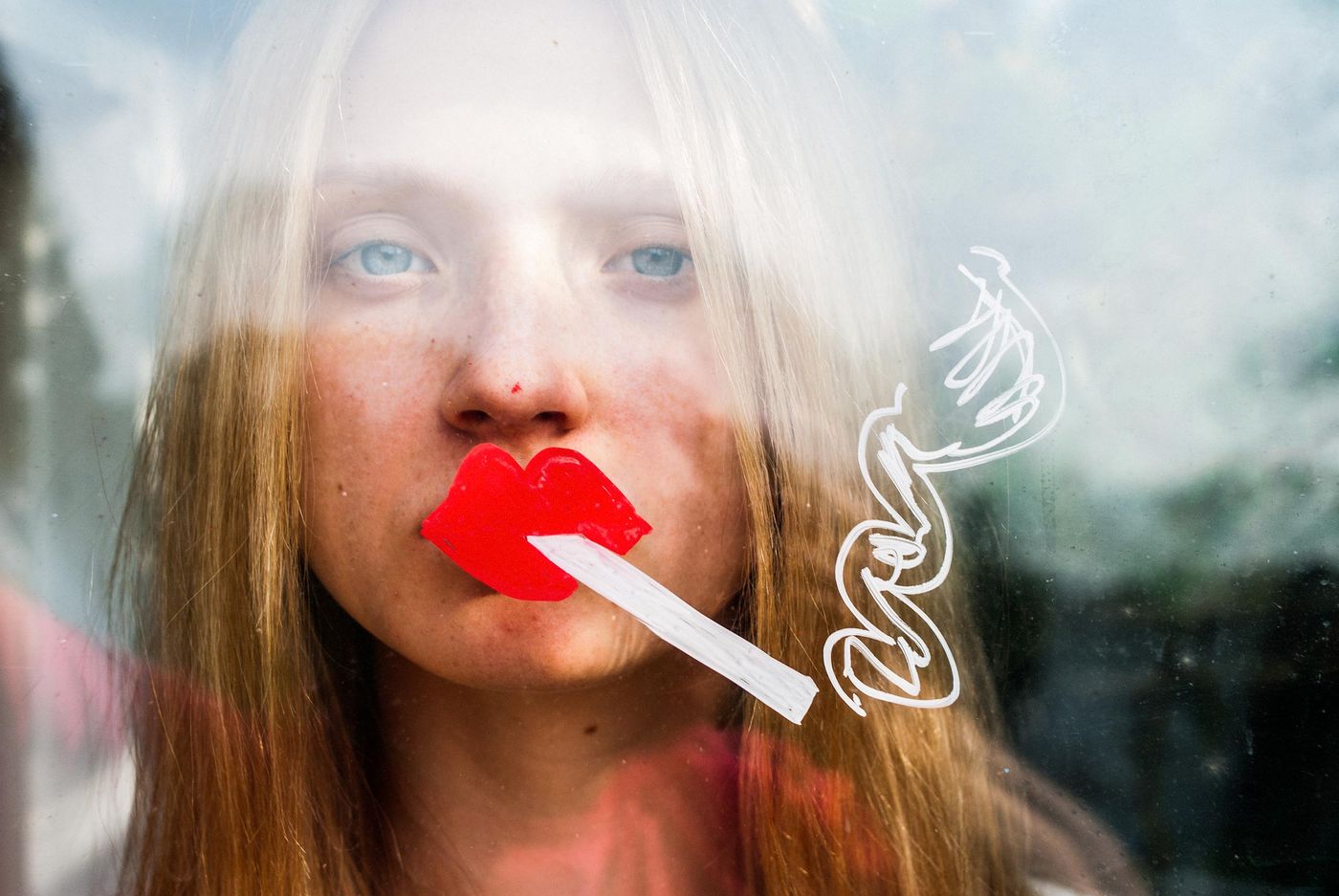
Photo © Will Sanders Photography.
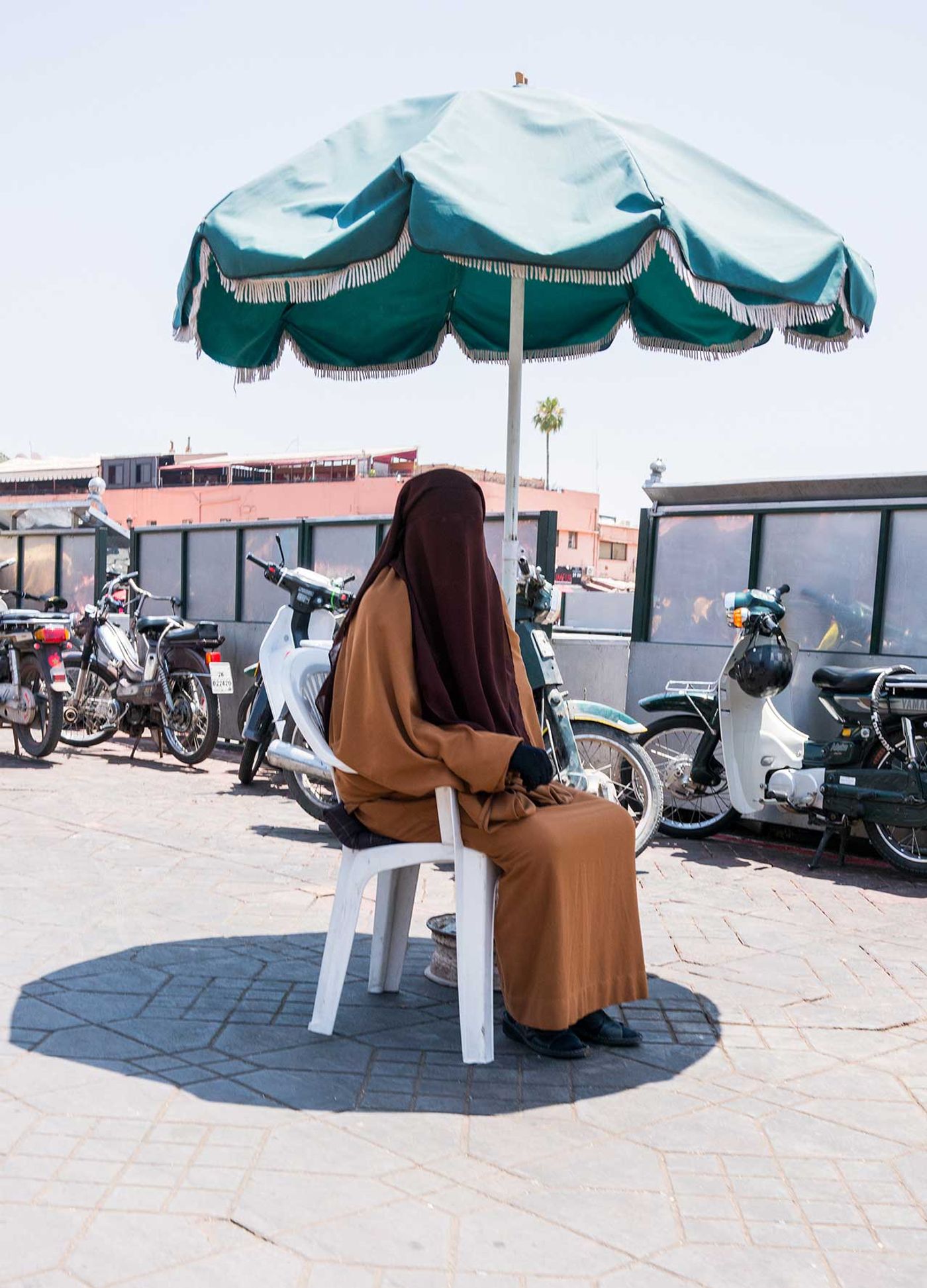
Photo © Will Sanders Photography.
How much of your work is planned in advance and how much is spontaneously configured on location?
A lot of my work is street photography so there isn’t much planning involved, I just hope that I can stumble across amazing things. However, when I have an idea I want to try, I do a bit of planning but as little as possible to keep the idea fresh and new to me. When I recently shot the images with the printed fabric, I tried not to think about the images I would create using them until I got to the location. In commercial work this process wouldn’t be the best approach so I try to create an environment within the brief but still shoot as spontaneously as possible.
Which are your favorite locales to shoot? Do you find traveling to be a key contributor to inspiration?
There are so many amazing places to shoot, the more chaotic the better. Morocco is always great, as is Peru and Mexico but honestly anywhere can be good especially if it’s your first time visiting when everything is in Technicolor and almost jumps out at you. Places with strong light really help with my work.

Photo © Will Sanders Photography.
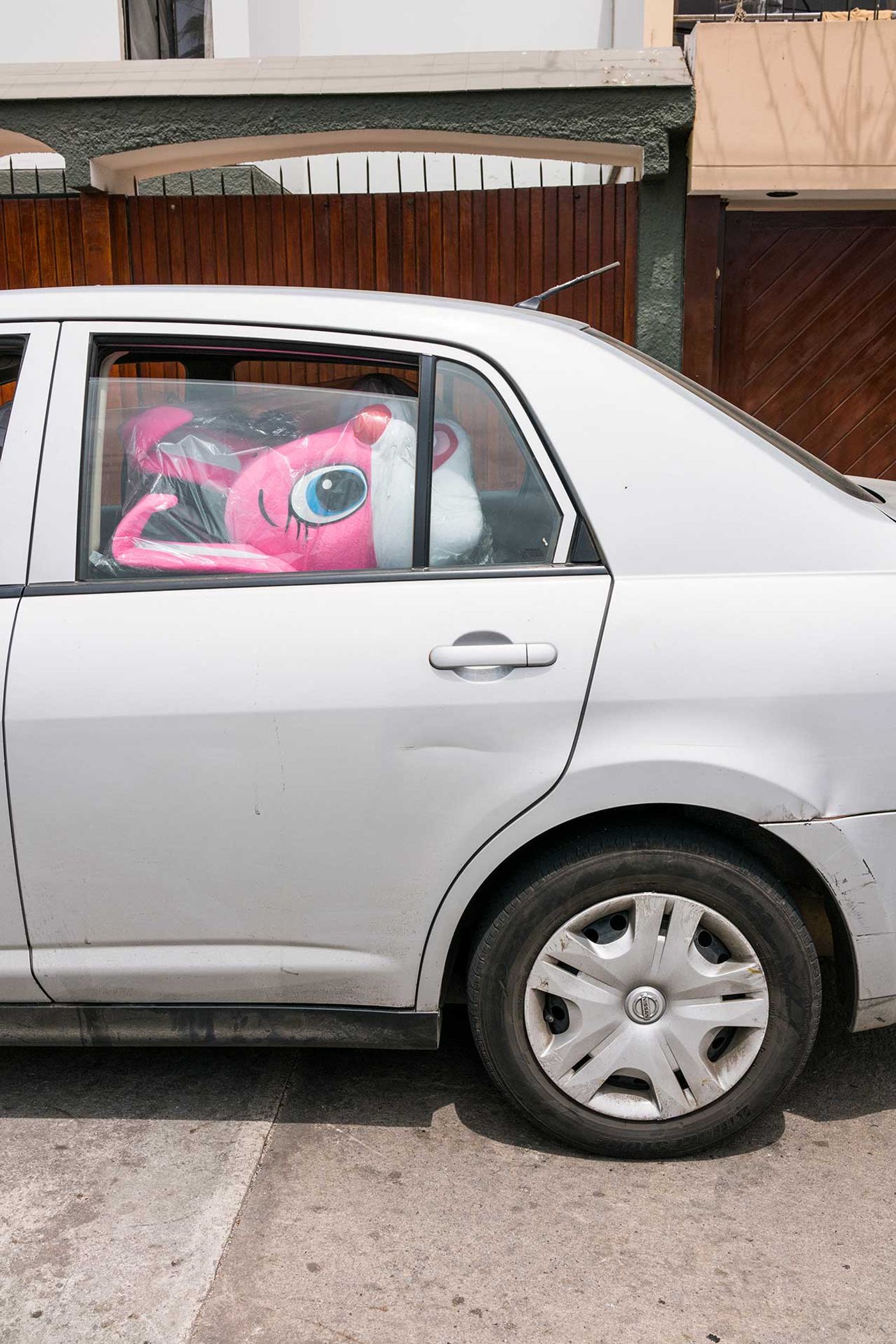
Photo © Will Sanders Photography.
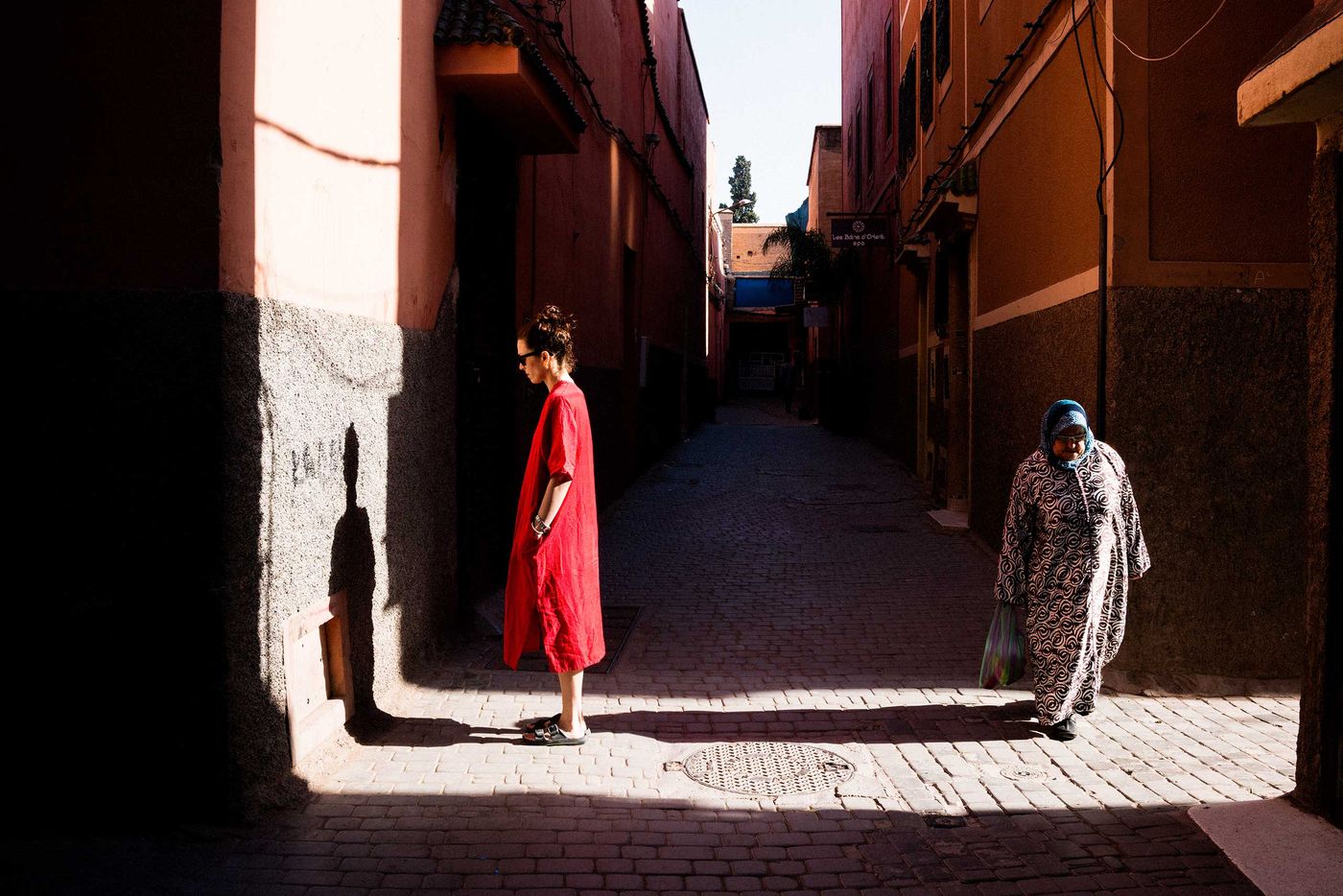
Photo © Will Sanders Photography.
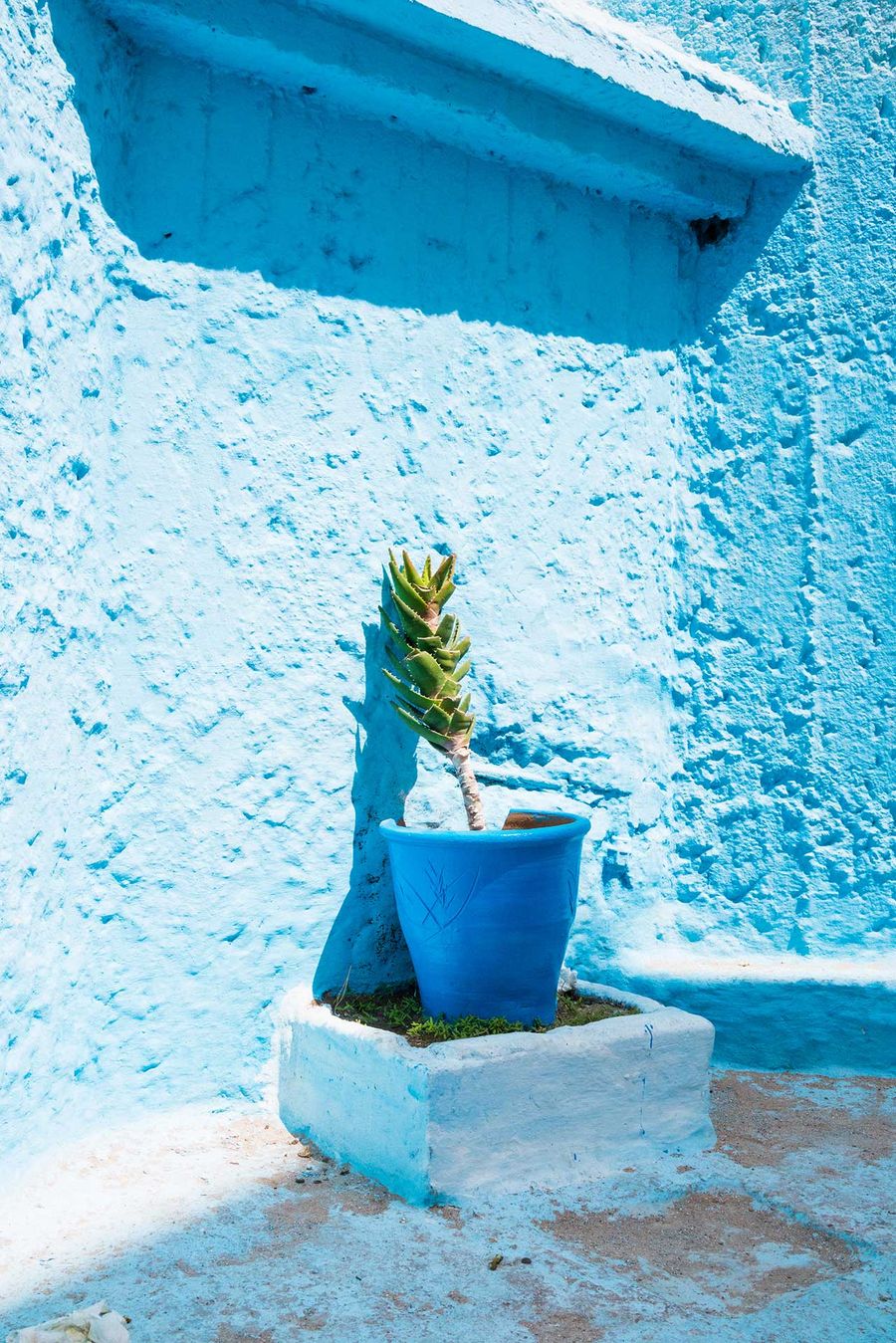
Photo © Will Sanders Photography.
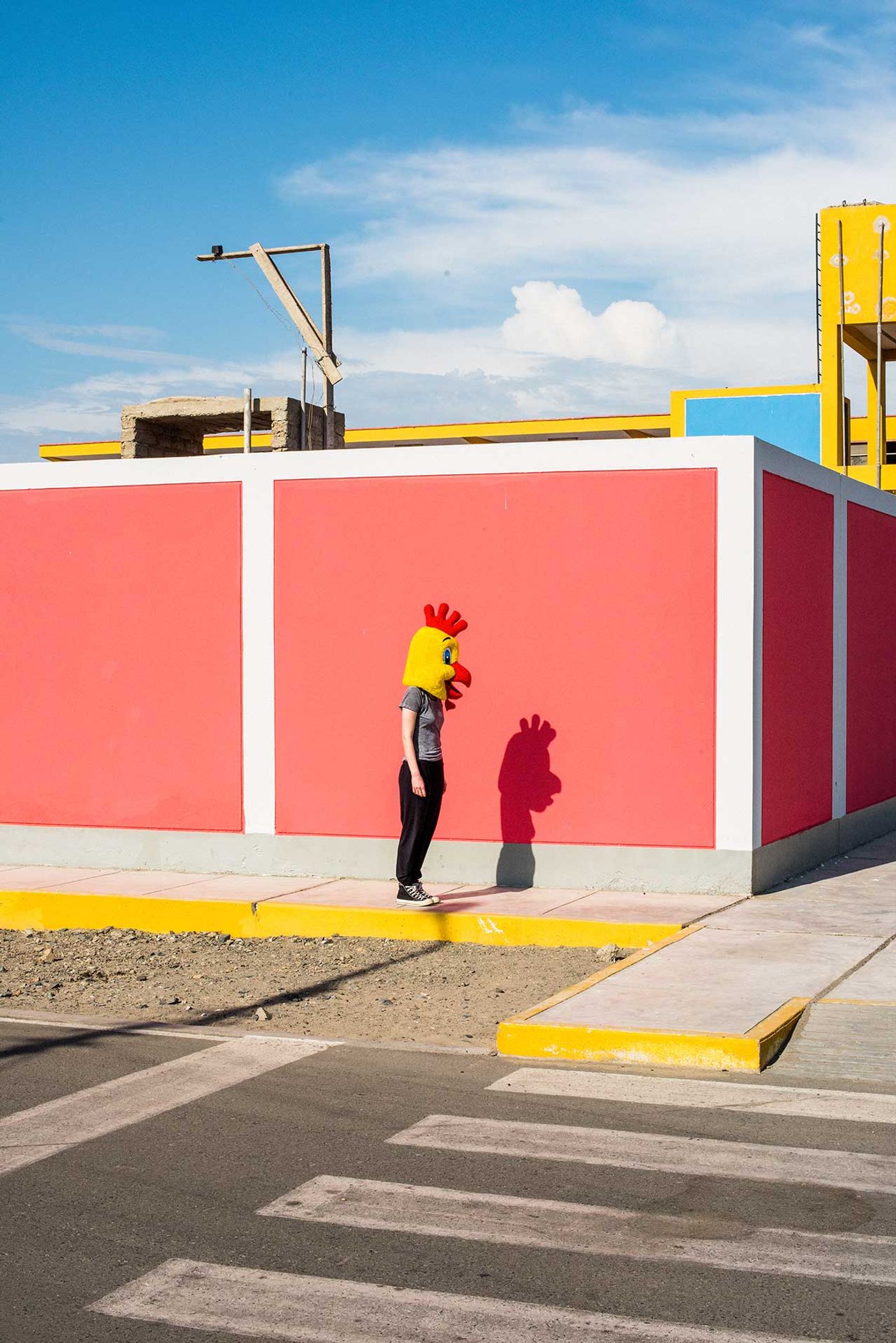
Photo © Will Sanders Photography.
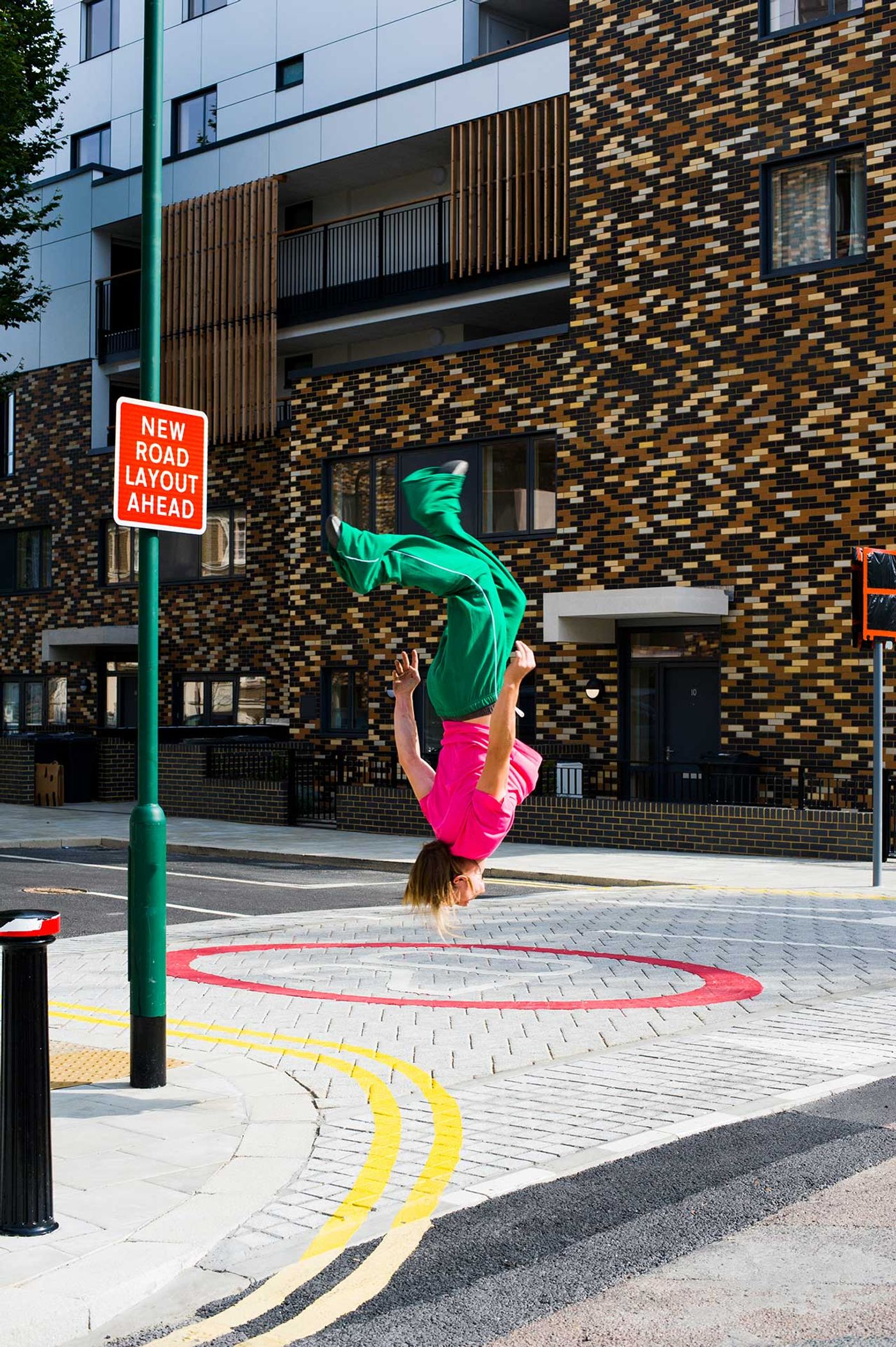
Photo © Will Sanders Photography.
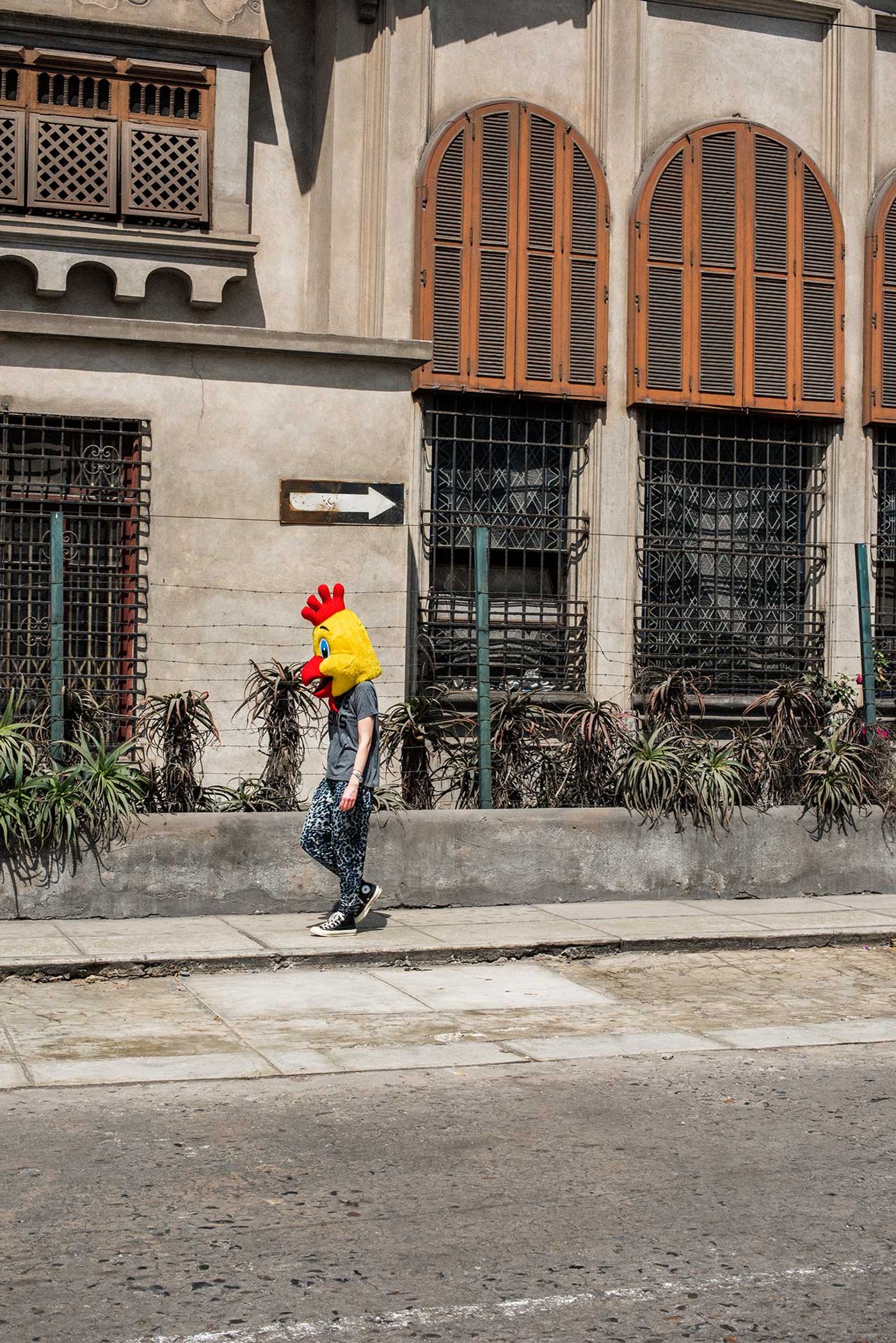
Photo © Will Sanders Photography.
Do you use Photoshop to enhance or manipulate your photographs?
In my personal work I enhance the colours in various ways using Photoshop but I NEVER remove or add anything as it would result in my feeling disconnected somehow from the photos. I don’t have a problem with people who do it in their own work; it’s just not for me. In my commercial jobs quite often things need to be altered and I don’t mind at all.
You have a soft spot for bright, exuberant colors, exemplified by your “Full Colors” series-cum-photo book. Where does this sensibility come from? Should we assume that you use a similar palette – in anything from anything from clothing to furnishings - in your personal life?
I sometimes think I see things the same way as children do, colours really grab my attention and draw me to them. There is something beautiful to me when you see something really colorful in a strong light, it’s almost as if you are seeing the truth of that thing, in its fullest expression. My house is pretty colourful but people are usually surprised that I don’t wear bright colors. I have some colorful tattoos though!
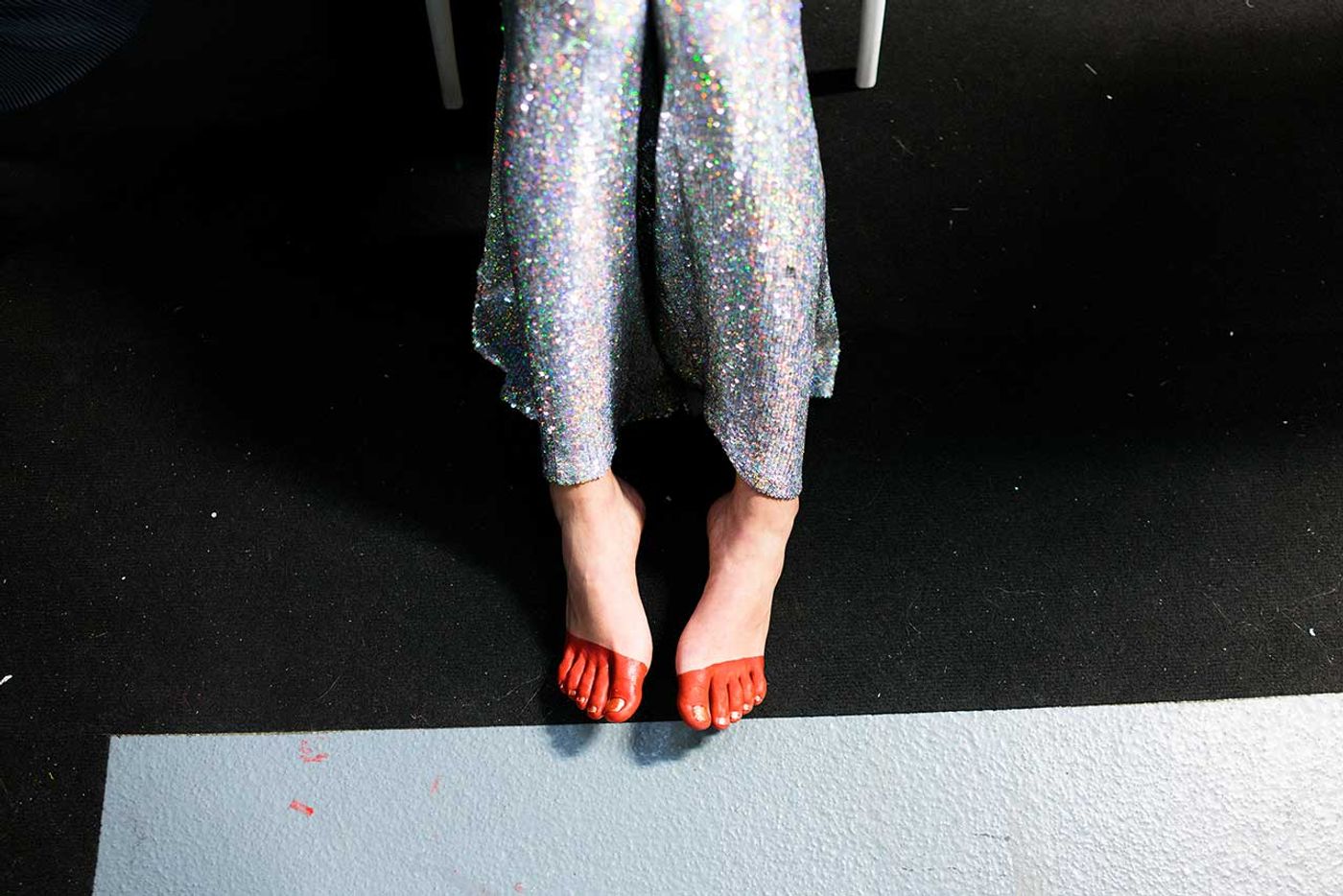
Photo © Will Sanders Photography.
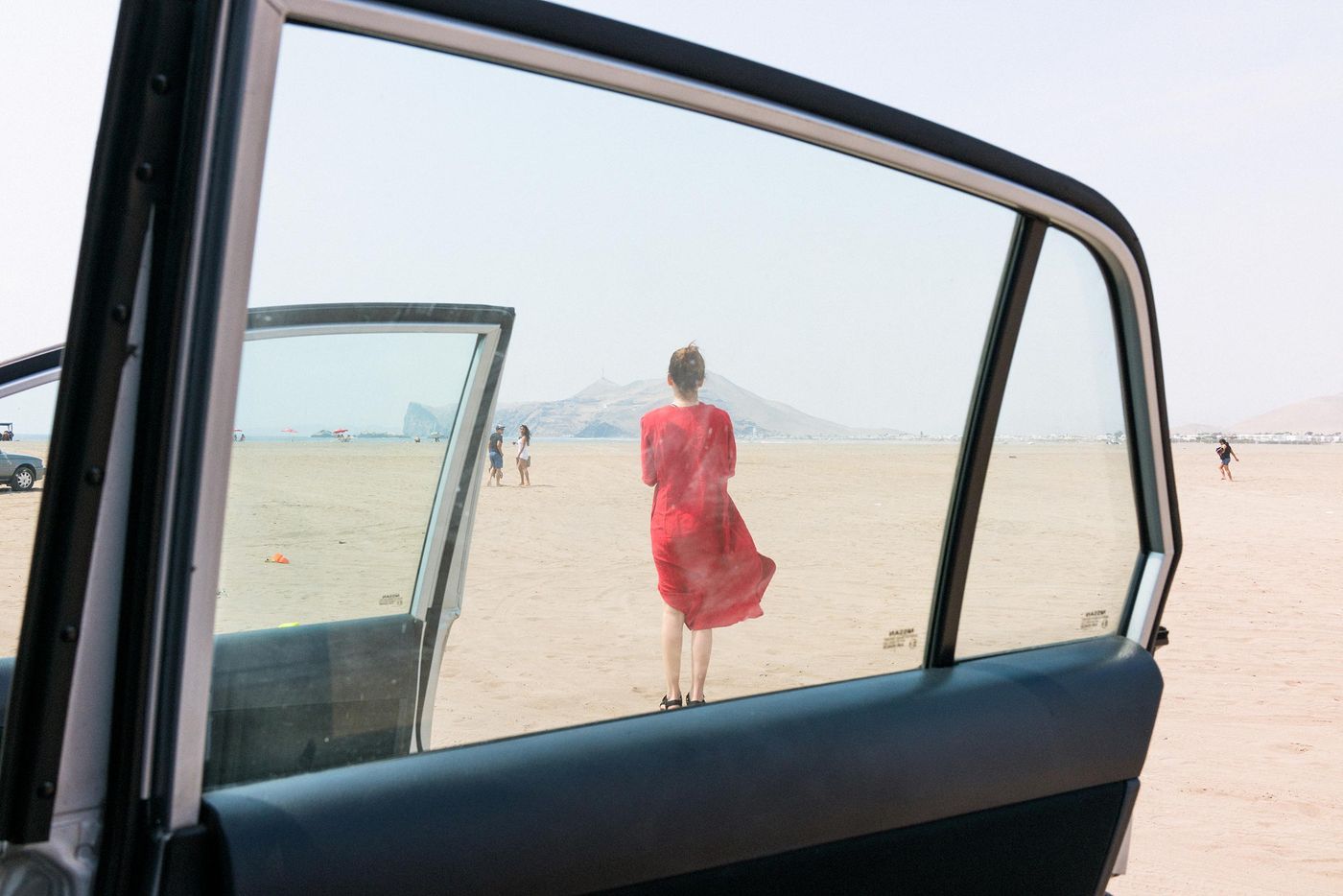
Photo © Will Sanders Photography.
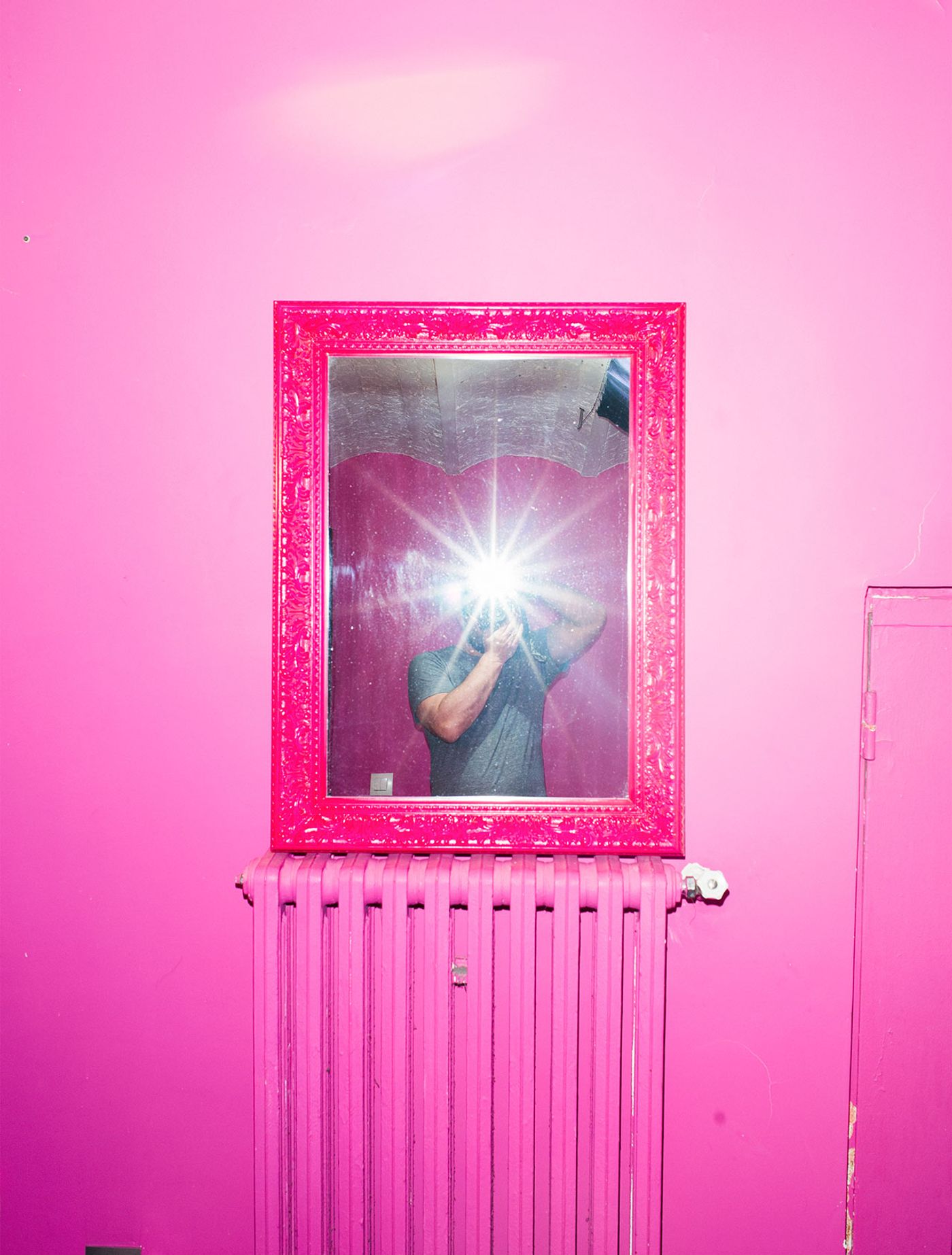
Photo © Will Sanders Photography.
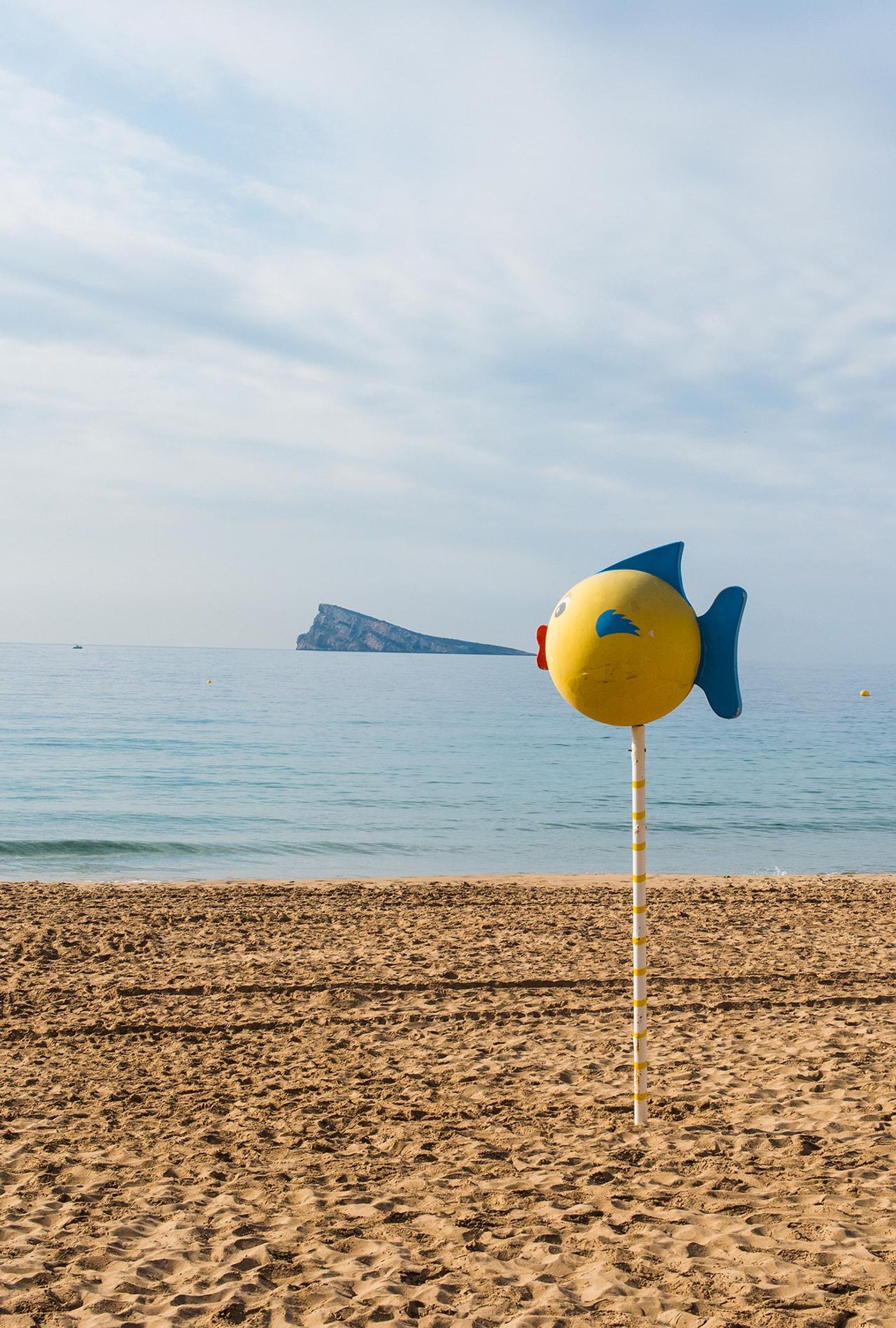
Photo © Will Sanders Photography.
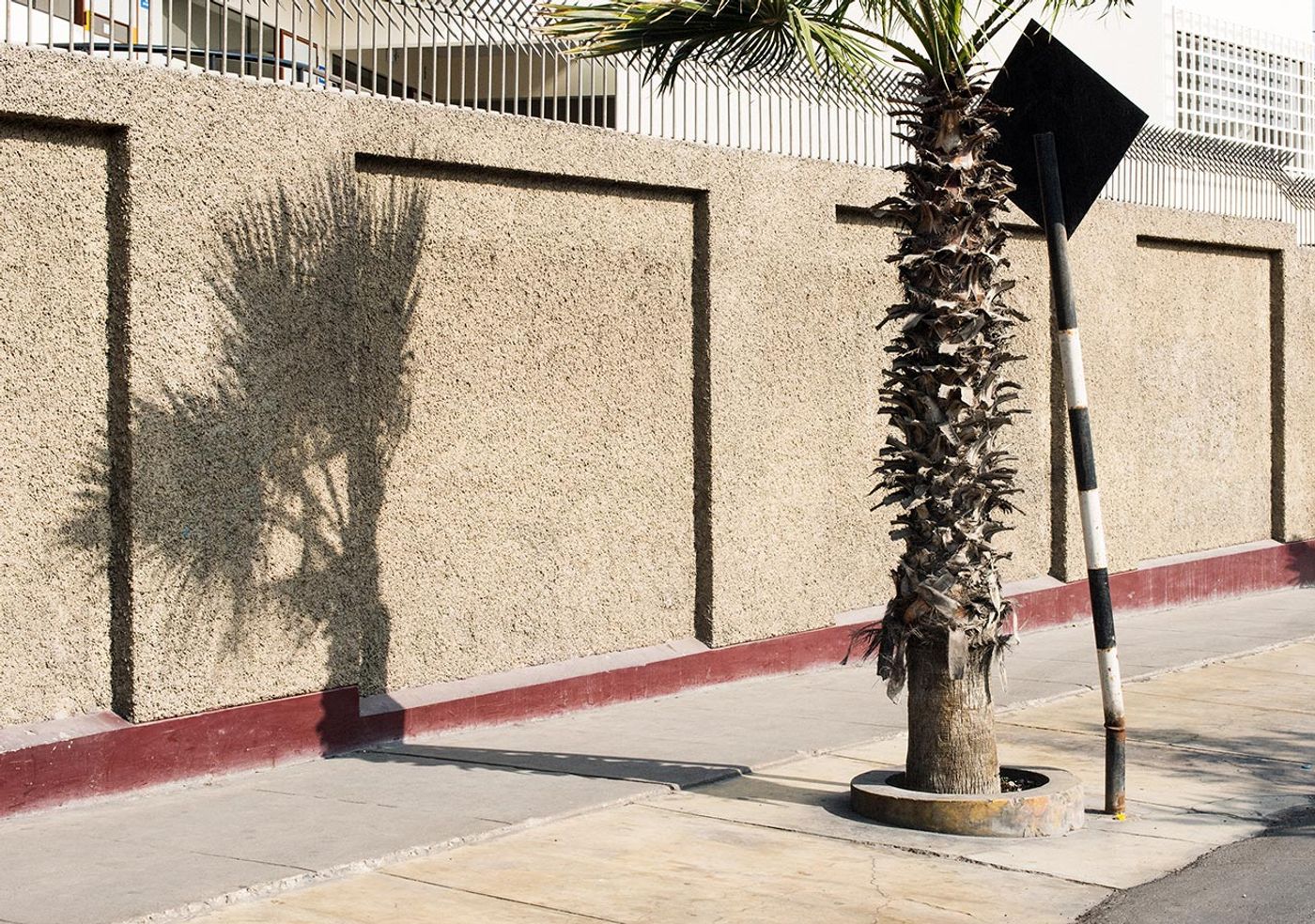
Photo © Will Sanders Photography.
You also seem to love cars, vintage models in particular, which frequently appear in your photos both physically and figuratively as miniatures or pictures. Is this an act of self-expression or is there also some conceptual significance?
My Dad has always been involved with cars and vans so I’ve always been surrounded by them. Physically I love old cars as they were much more diverse and not fashioned by aerodynamics. My favorites are the Renault 4, the first Twingo and the Citroen DS.
Your series of ‘photo-in-a-photo’, where you photograph a person holding a piece of fabric that a photo is printed on, sometimes depicting the same locale where the shooting is taking place, have a meta quality that seems very pertinent to the Instagram age we live in. What exactly is the story behind these?
I like the idea of photos that are so arresting that you can’t help but look at them again and I thought this was a good way of doing it. If you’re not paying much attention you might not notice the first time that there’s an image within an image but your mind will tell you something is not quite right so you’ll look again. I also like the idea of a photo within a photo.
One of the images involved an image on the island of Burano near Venice. Whilst shooting the image on the same street, a mother and son, who were actually in the printed image, came out of their house and were amazed to see themselves in the print. I gave it to them to keep afterwards; they were really pleased with it.
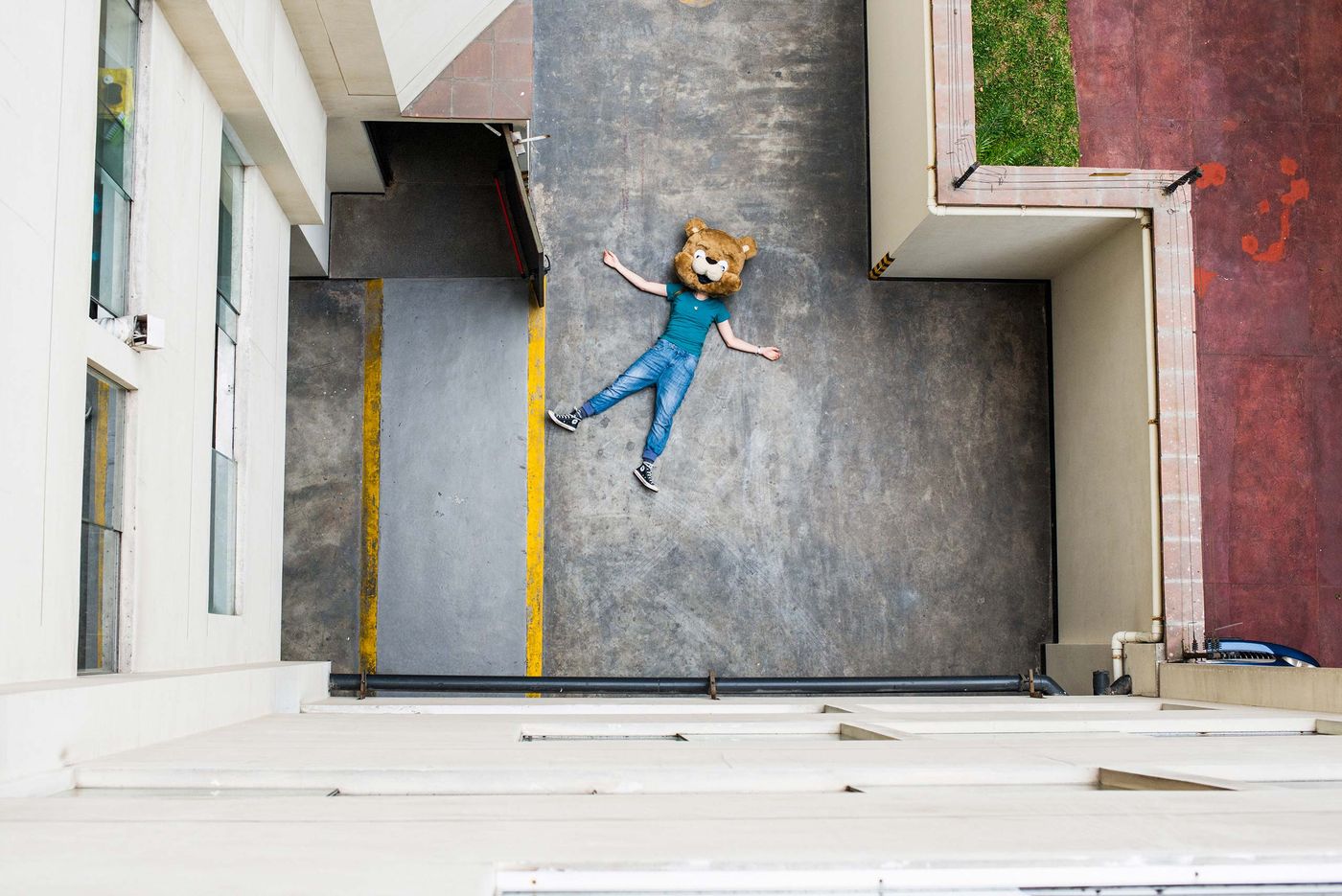
Photo © Will Sanders Photography.
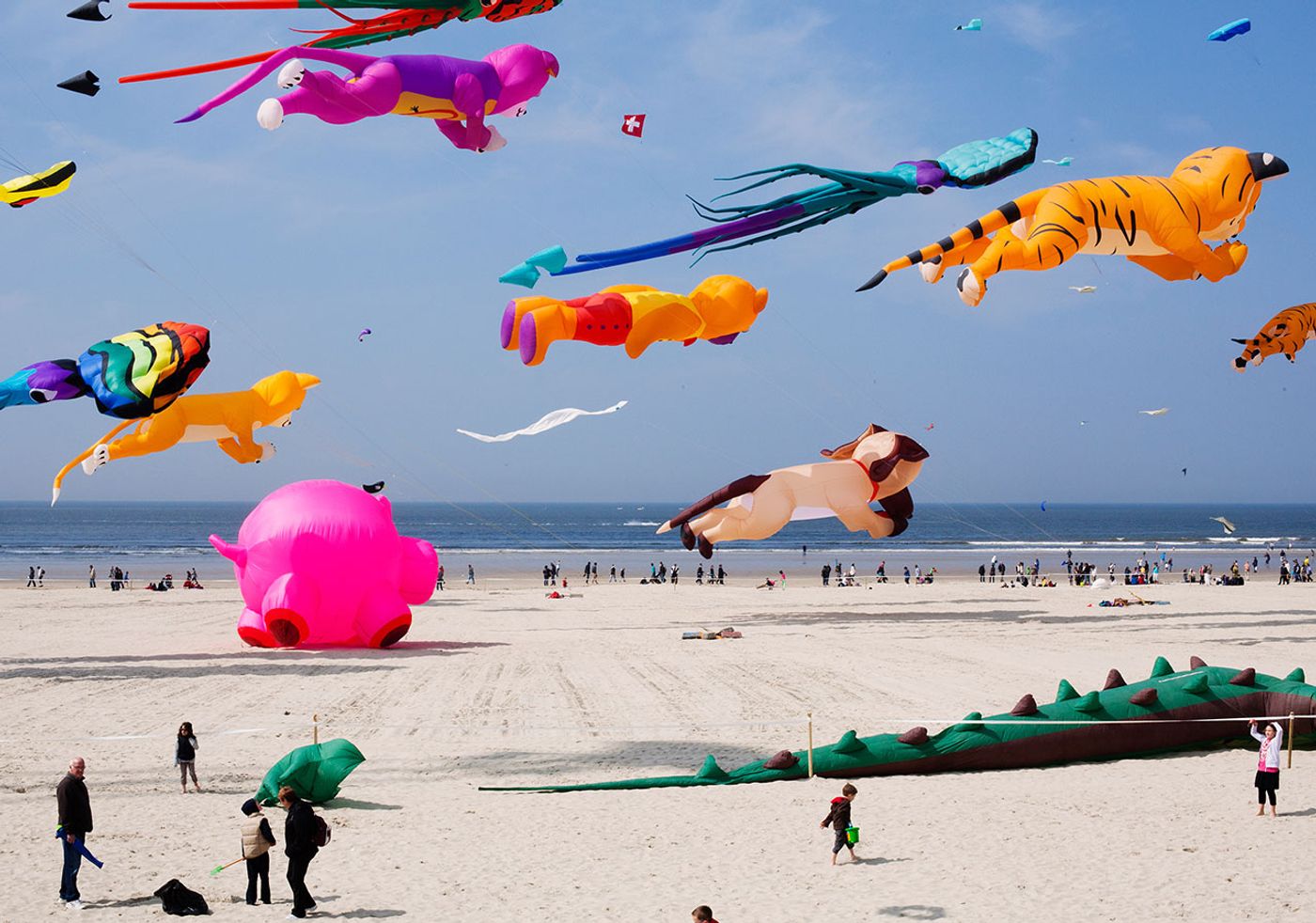
Photo © Will Sanders Photography.
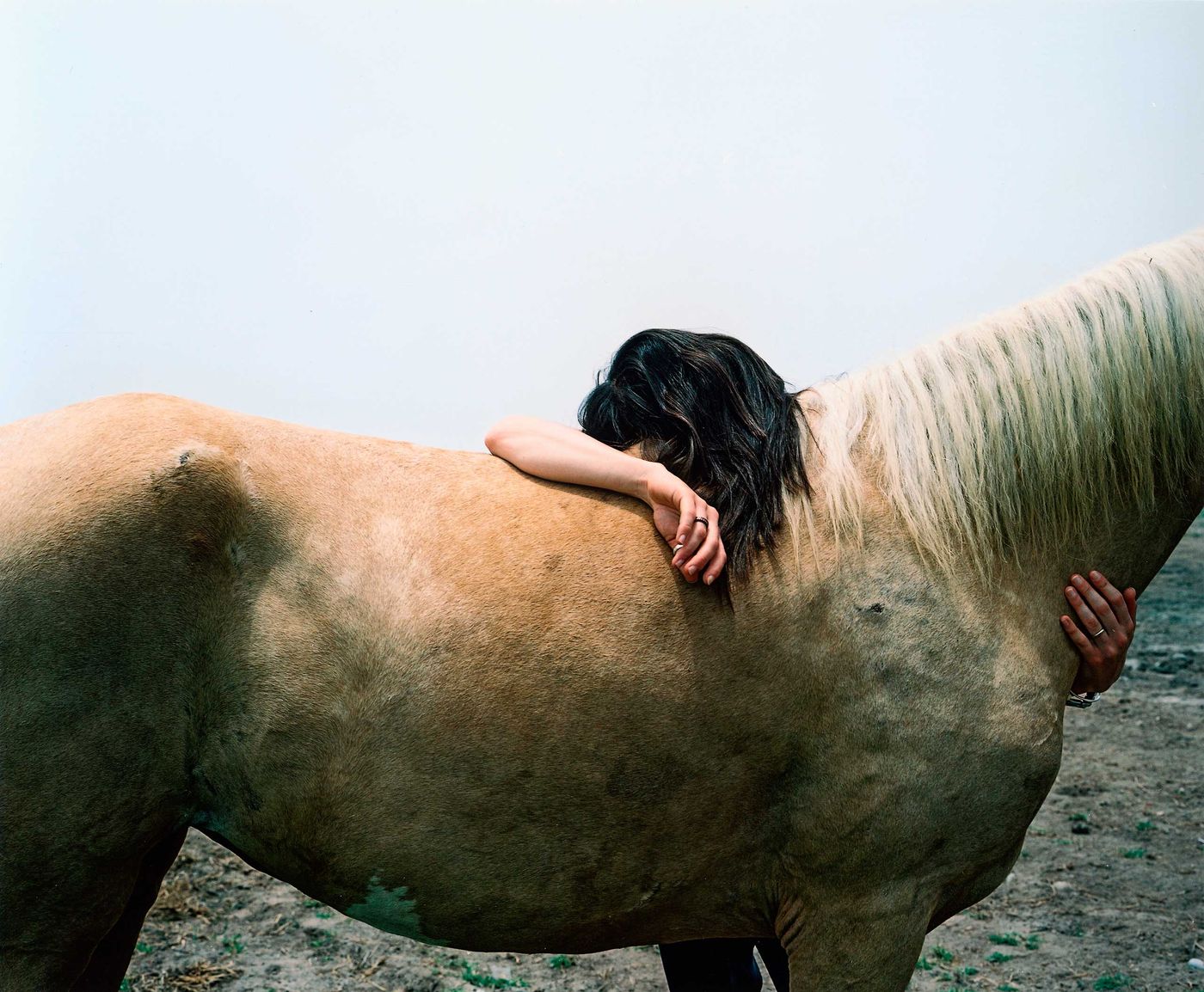
Photo © Will Sanders Photography.

Photo © Will Sanders Photography.
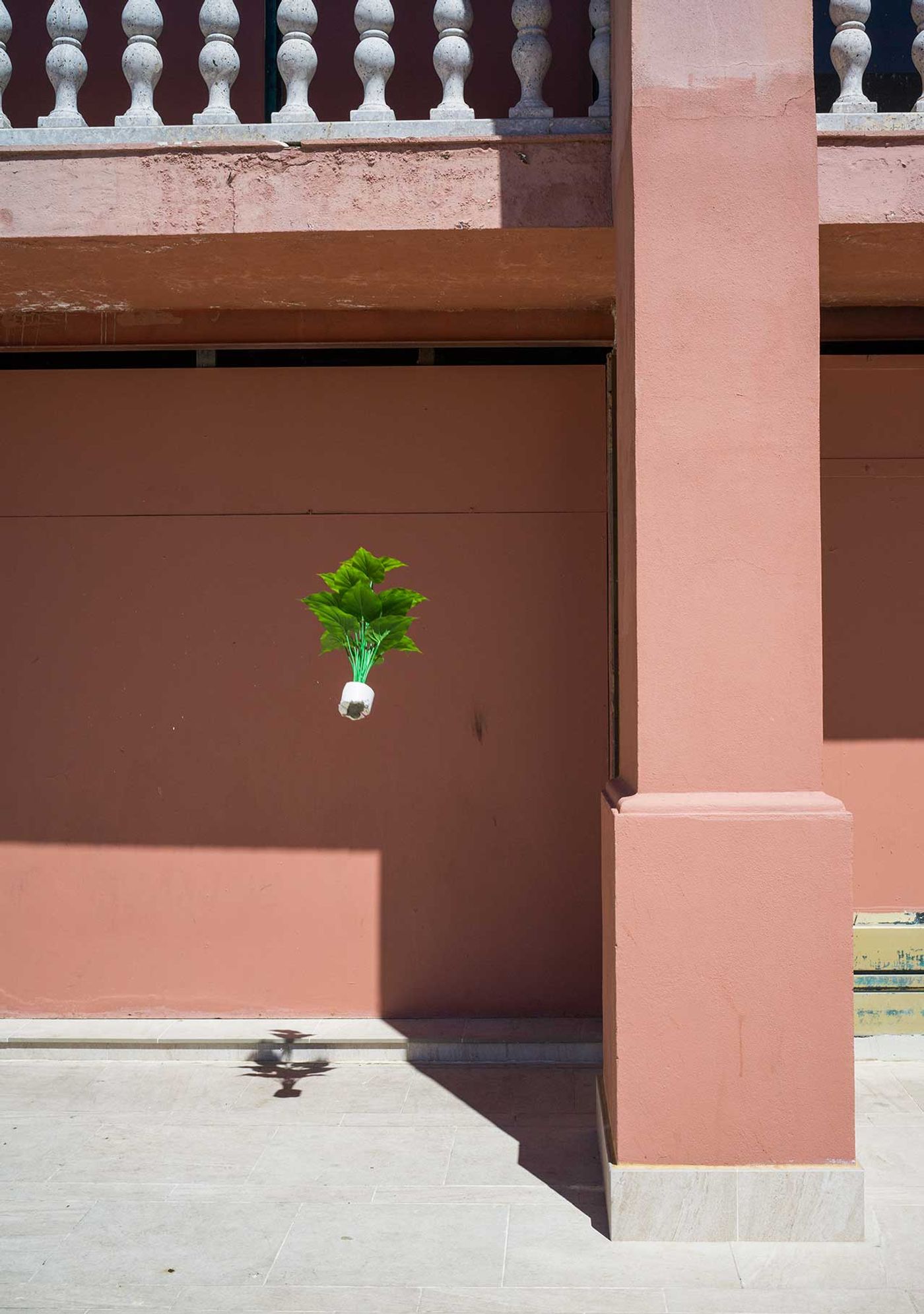
Photo © Will Sanders Photography.
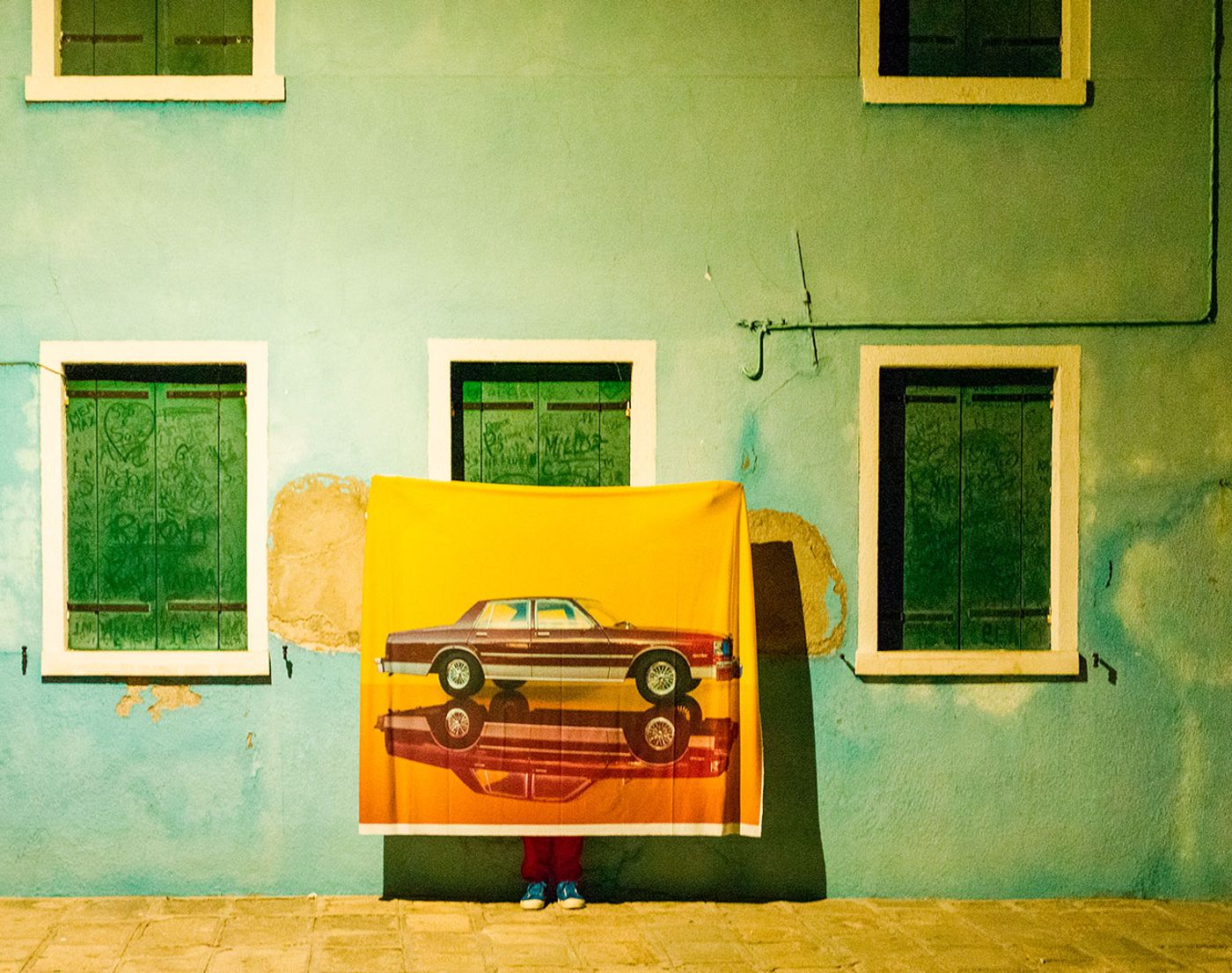
Photo © Will Sanders Photography.
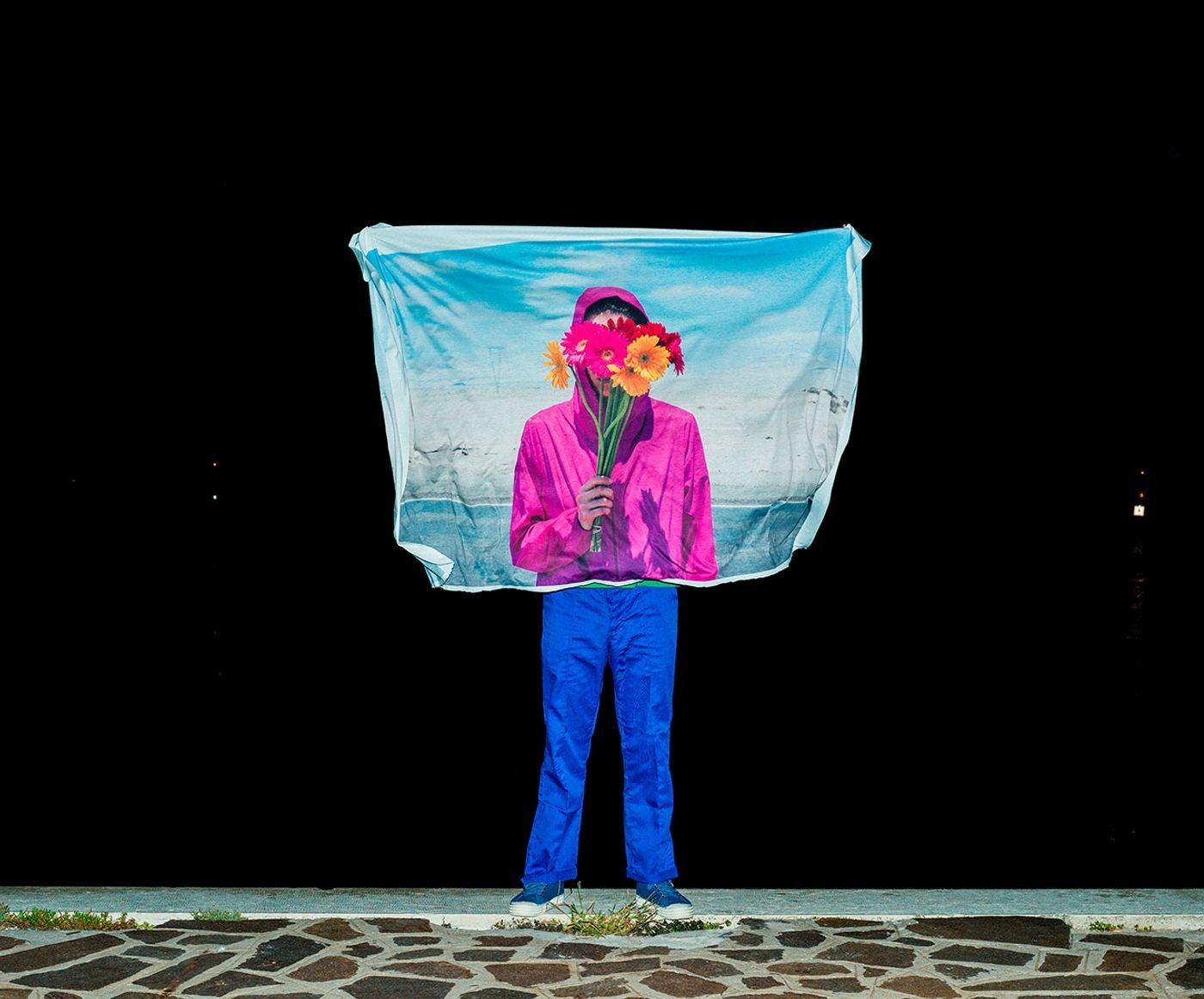
Photo © Will Sanders Photography.
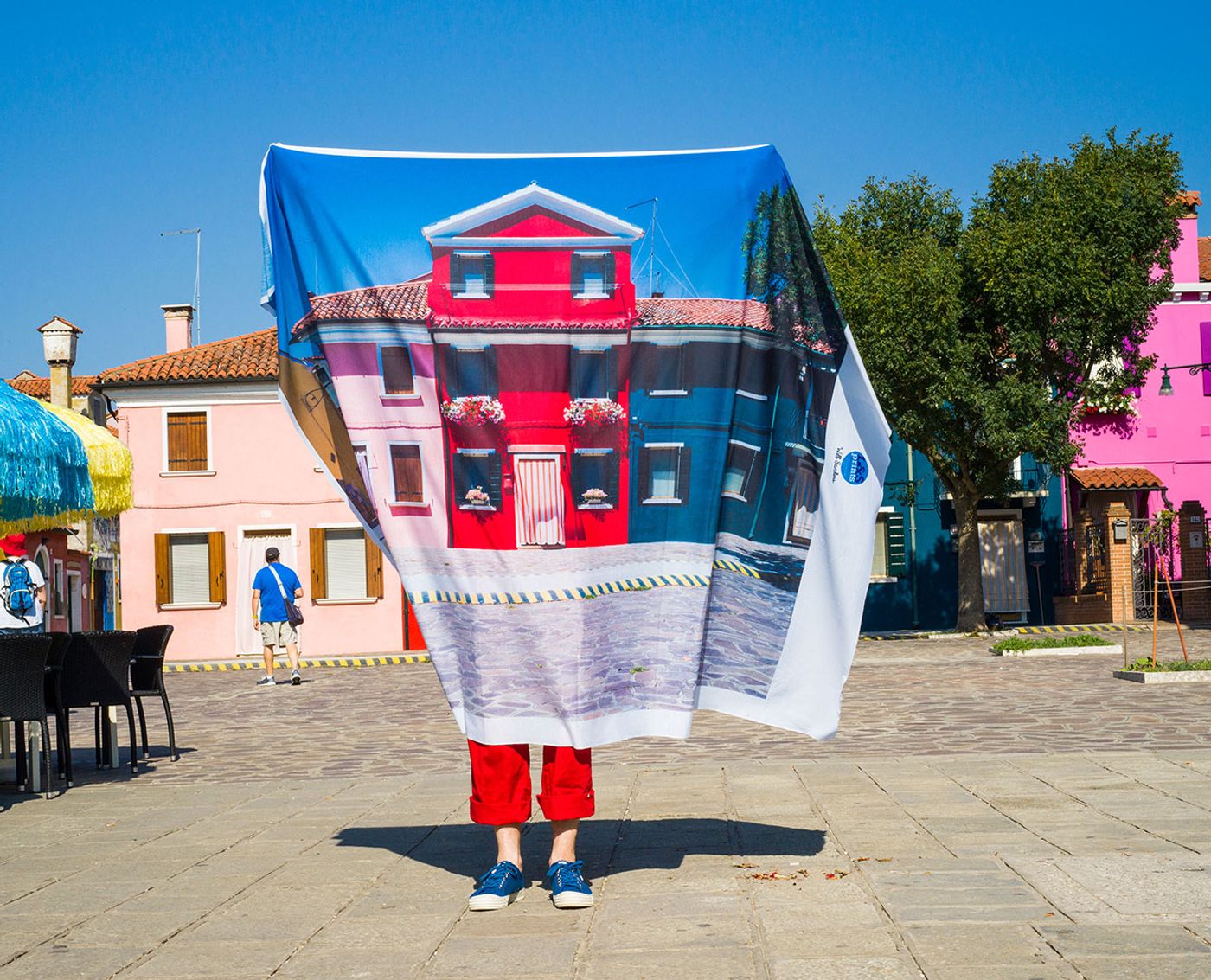
Photo © Will Sanders Photography.
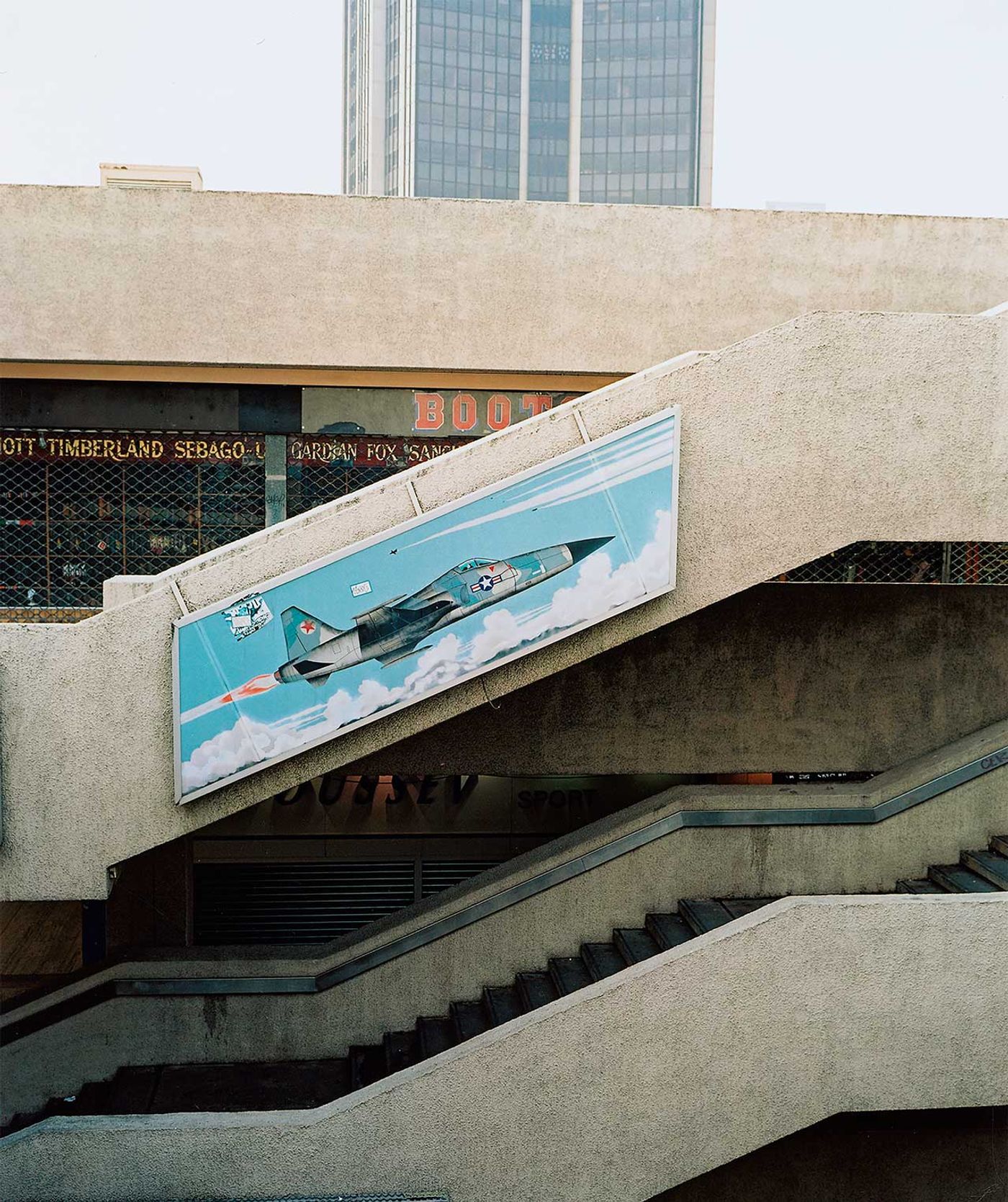
Photo © Will Sanders Photography.
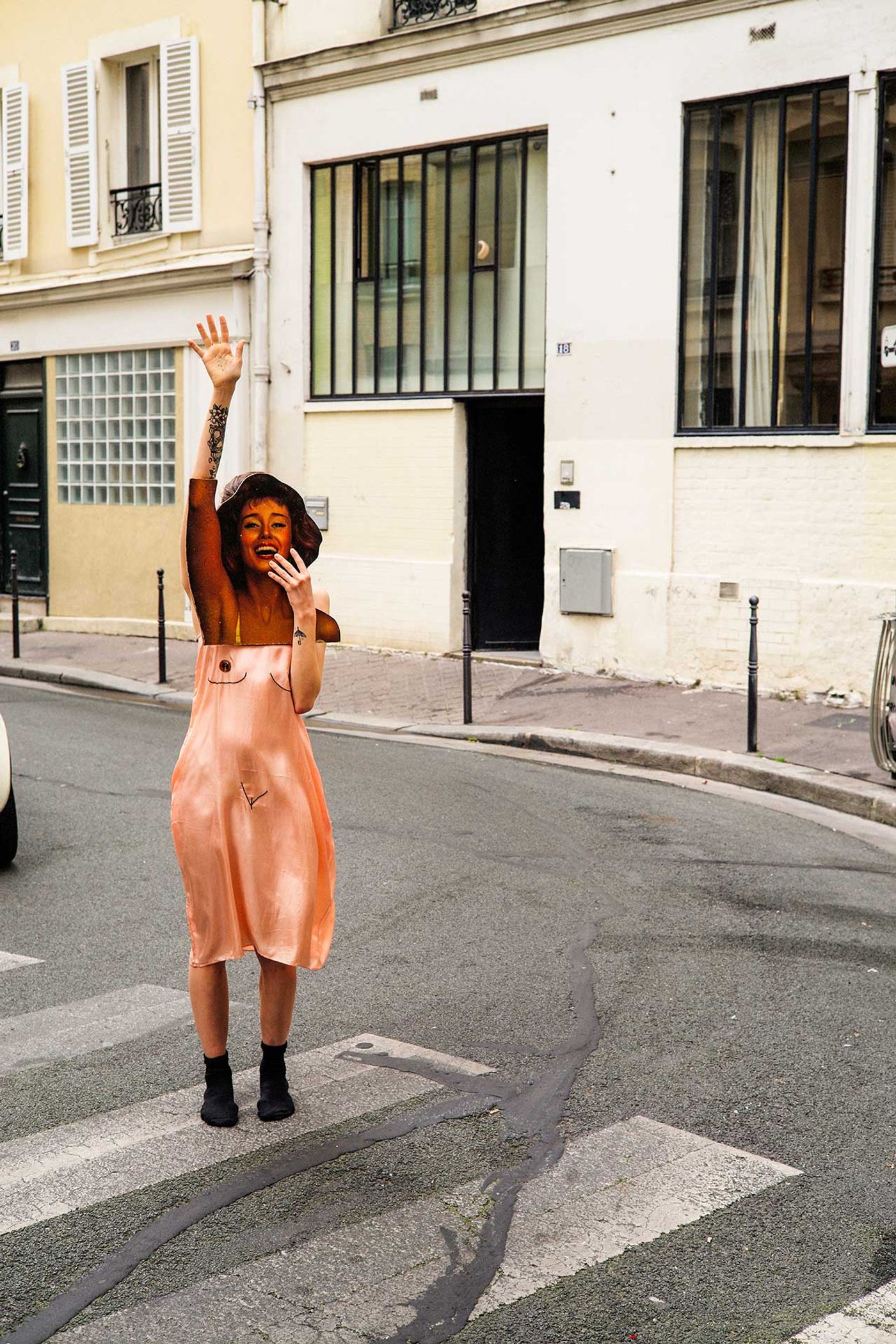
Photo © Will Sanders Photography.
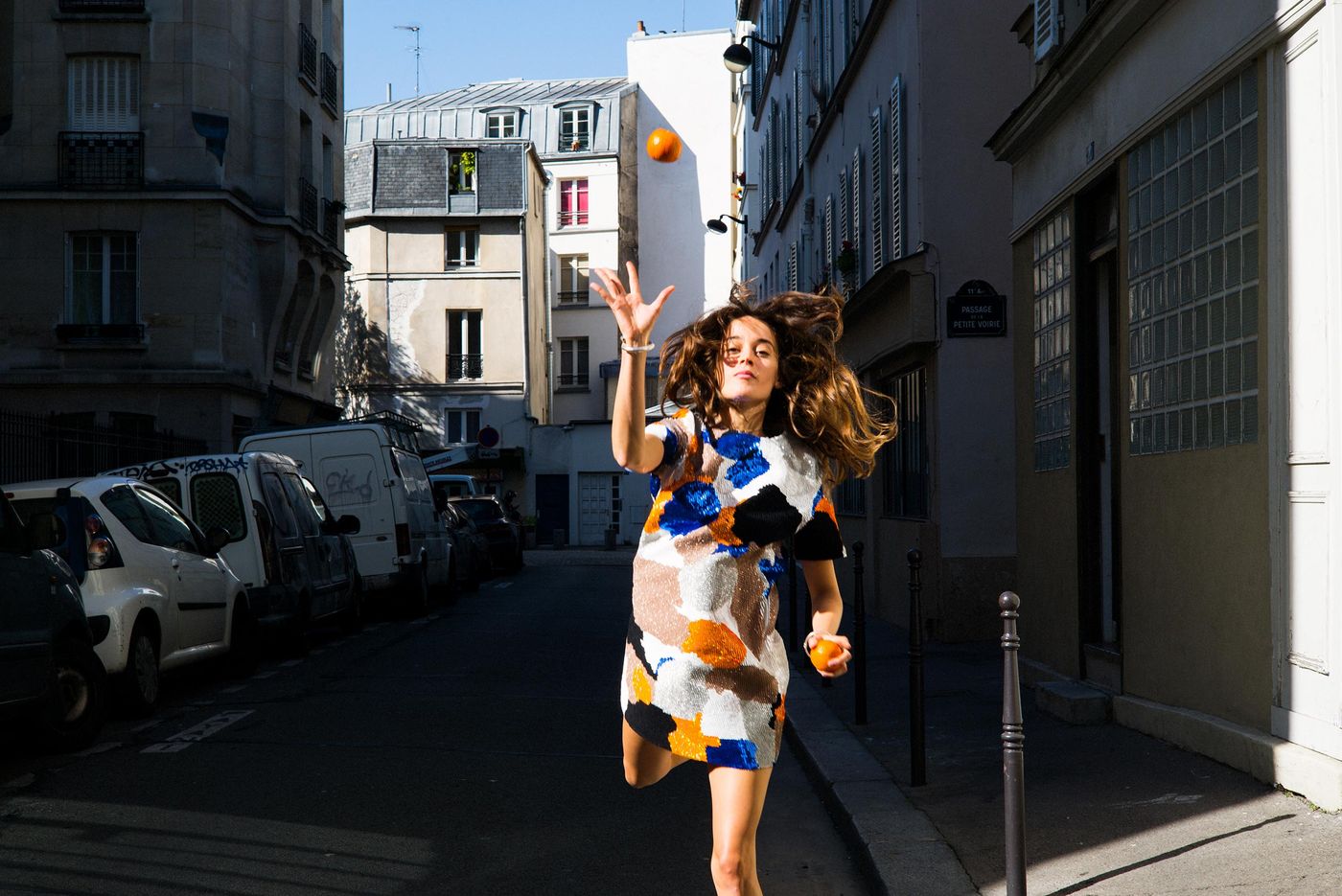
Photo © Will Sanders Photography.
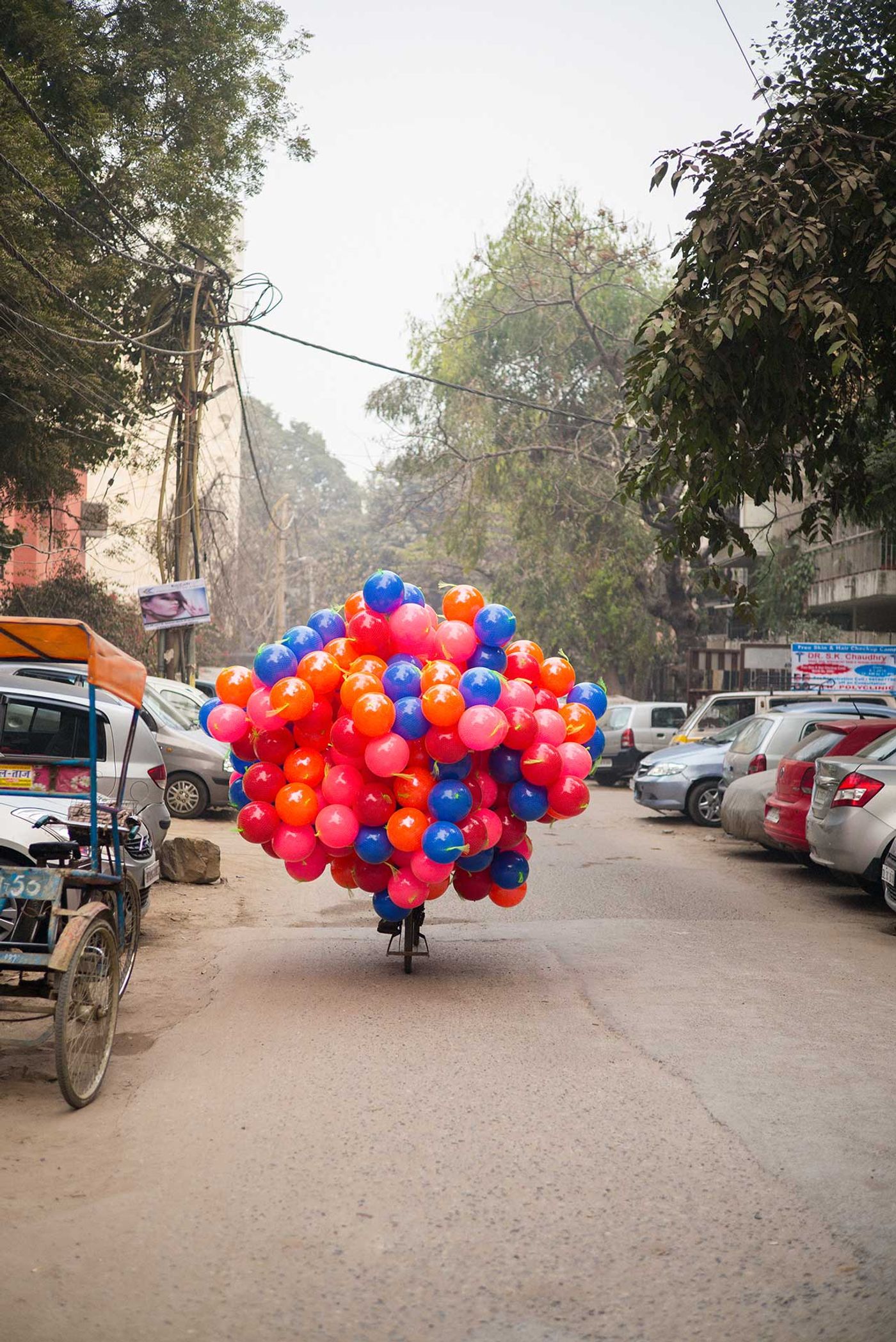
Photo © Will Sanders Photography.
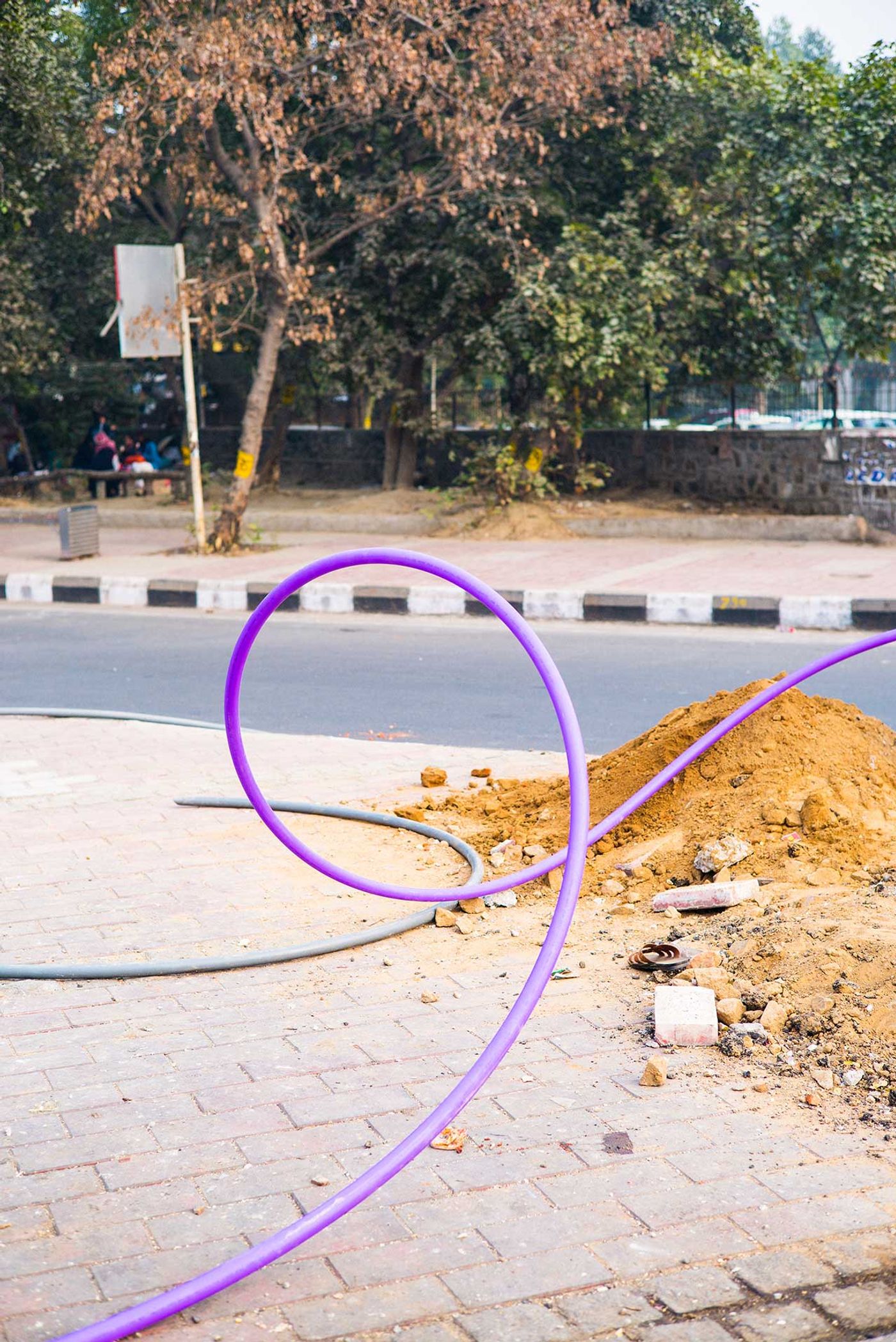
Photo © Will Sanders Photography.
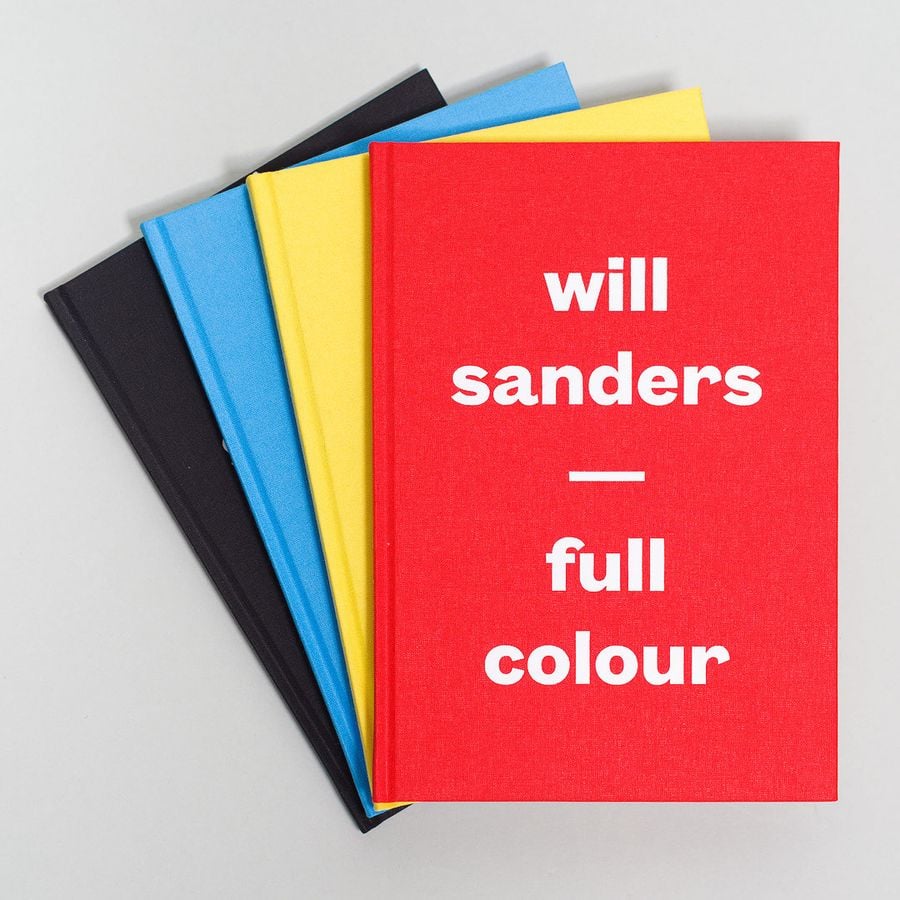
Photo © Will Sanders Photography.
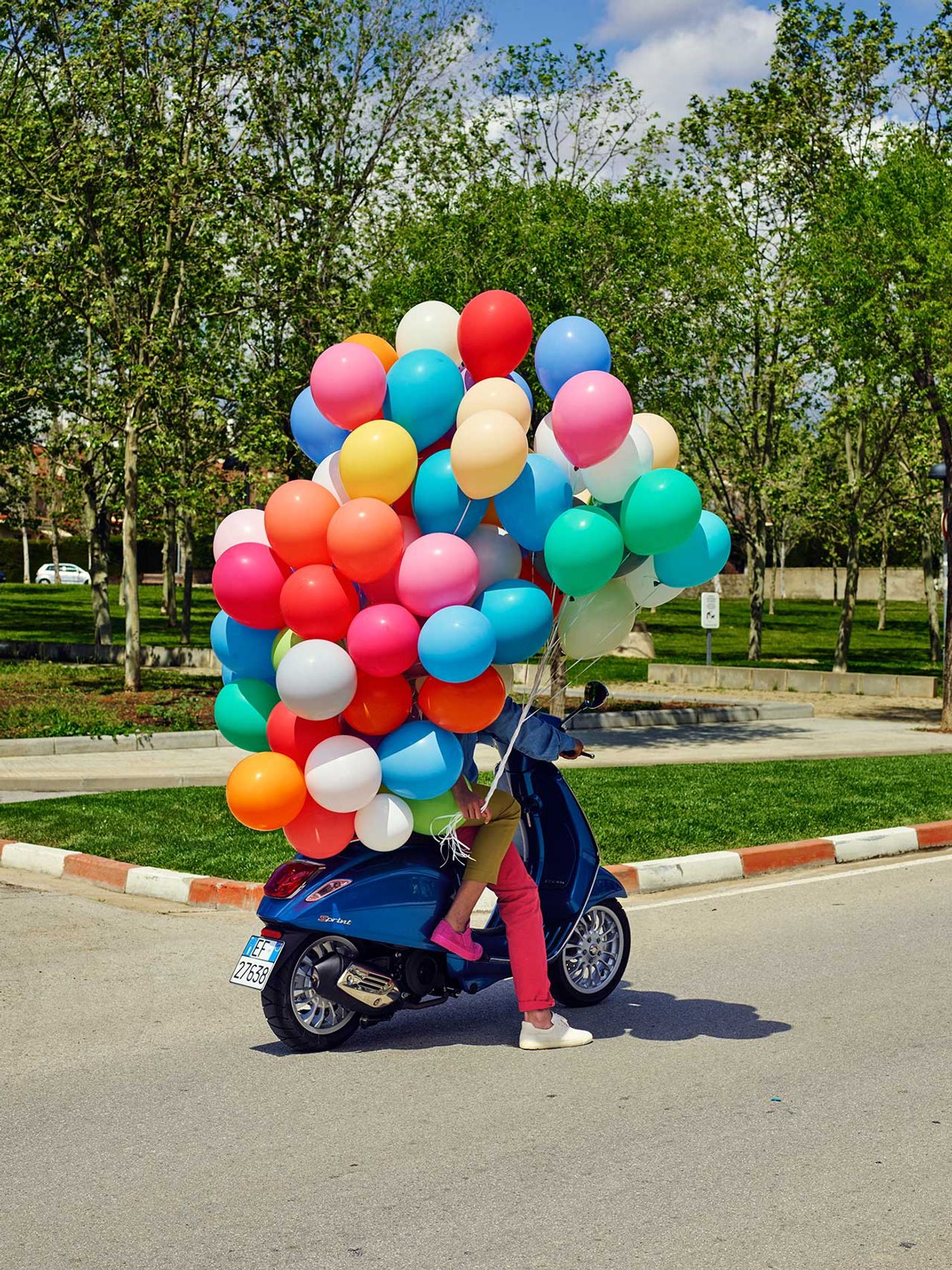
Photo © Will Sanders Photography.
